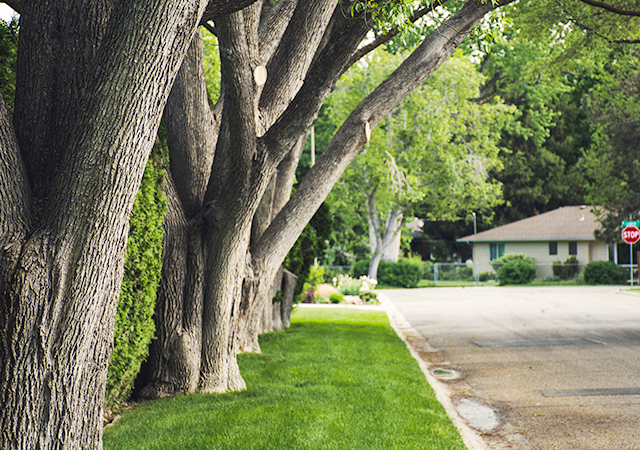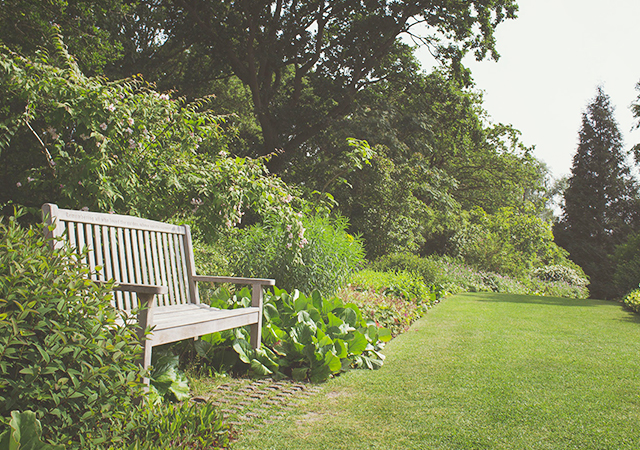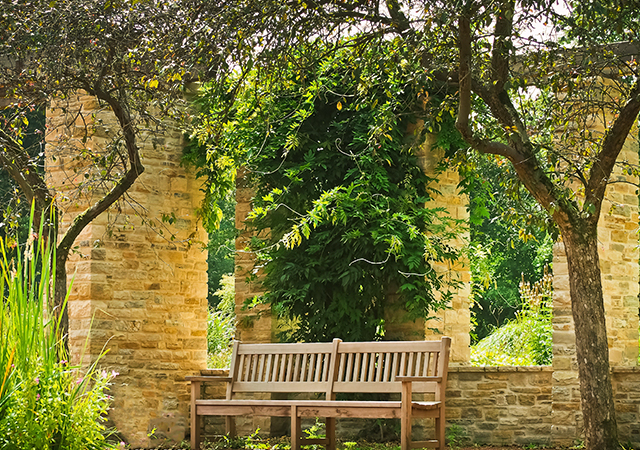Our Gallery
PADEV builds and strengthens the capacity of community based outreach structures
Sapo National Park is currently the largest conservation area in Liberia. It measures over 180,000 hectares and stretches across three of Liberia’s southeastern counties of Sinoe, Grand Gedeh and Rivergee. As one of the country’s most talked about biodiversity hotspots, the Park has been a subject of illegal activities. Until June 2018, illegal miners, poachers and traders occupied the Park and continued to carry out illegal activities there despite efforts by the Government of Liberia to evict them.
Upon the inception of the USAID WA BiCC funded Tai-Grebo-Krahn-Sapo (TGKS) Transboundary Boundary project, PADEV in collaboration with FFI identified the lack of effective awareness and community sensitization as one of the major drawbacks to the protection of the Park. To address this challenge, the team [PADEV and FFI working with FDA Park management] rolled out series of communication activities throughout the landscape. A critical and important aspect of this intervention was the formation of community based outreach structures.
In late 2019, the team successfully facilitated the formation of two theater troupes in the landscape. Made up predominantly of young men and women; and future beneficiaries of their forest resources, the roles of the troupes are to lead conservation awareness activities in the constituents of the Park and to assume greater responsibility of its protection and management; while supporting local authorities in their districts to achieve other community development goals.
In early 2020, both troupes were formally handed over to their respective local authorities. The two troupes are based at the opposite ends of the Park. One troupe is situated westward in Jalay Town, the headquarters of the Park and the other is located in the east at Nyennawliaken. Two years following the end of the TGKS project, the troupes still exist and have been integrated in the social structure of their communities. Before then, awareness and sensitization around the Park was spontaneous. With support from FFI and other partners, community entities are propping FDA to take care of the Sapo Park.
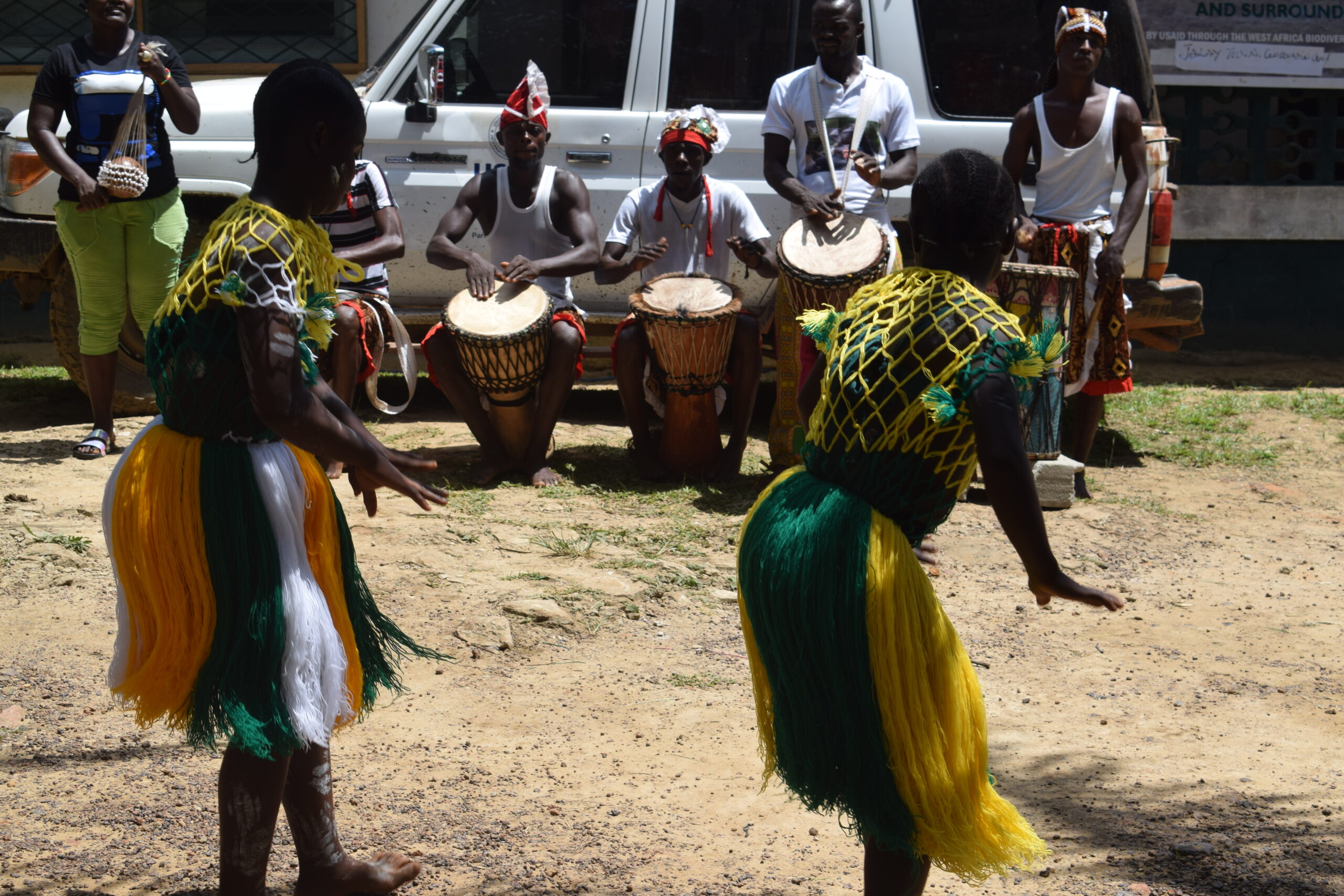
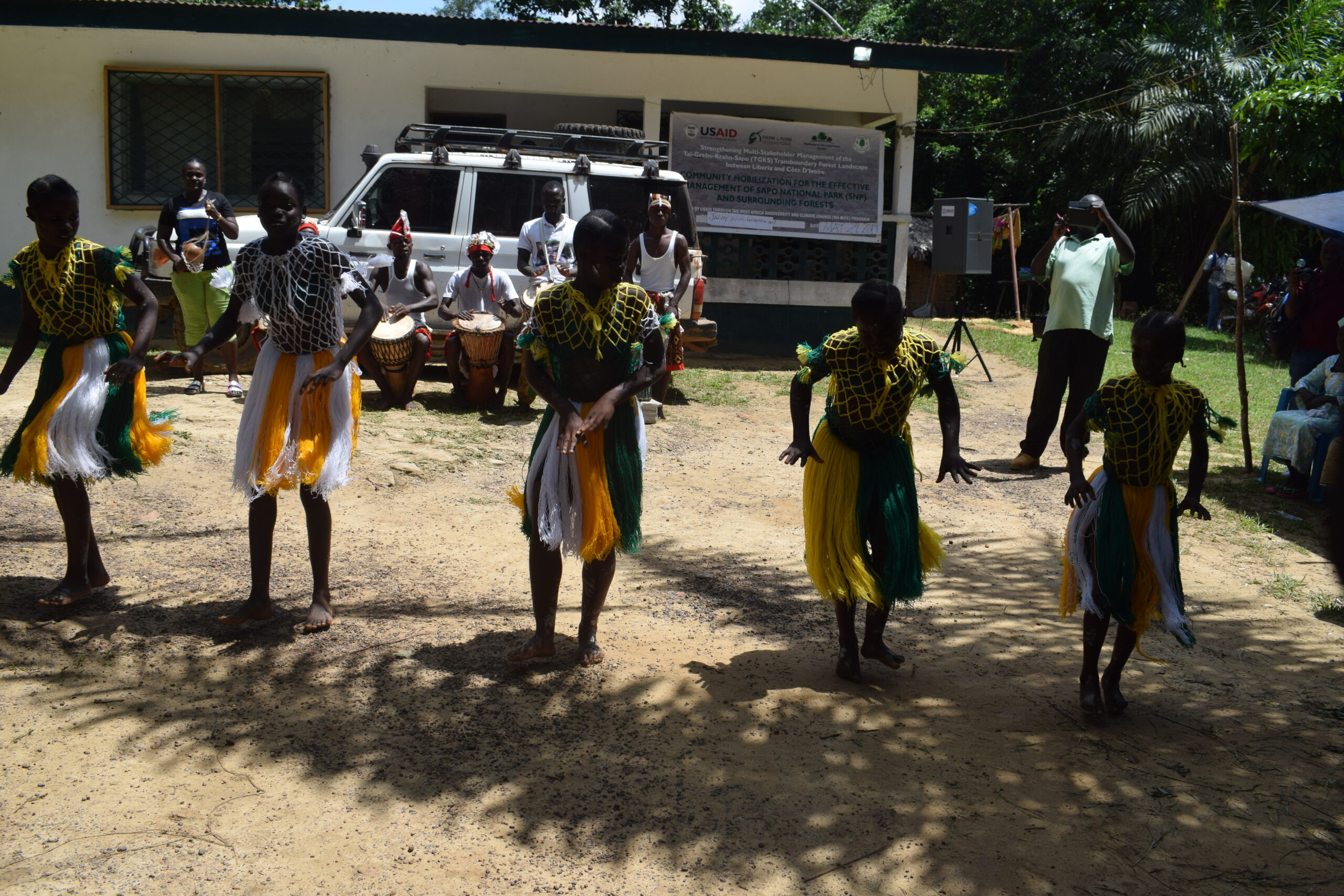
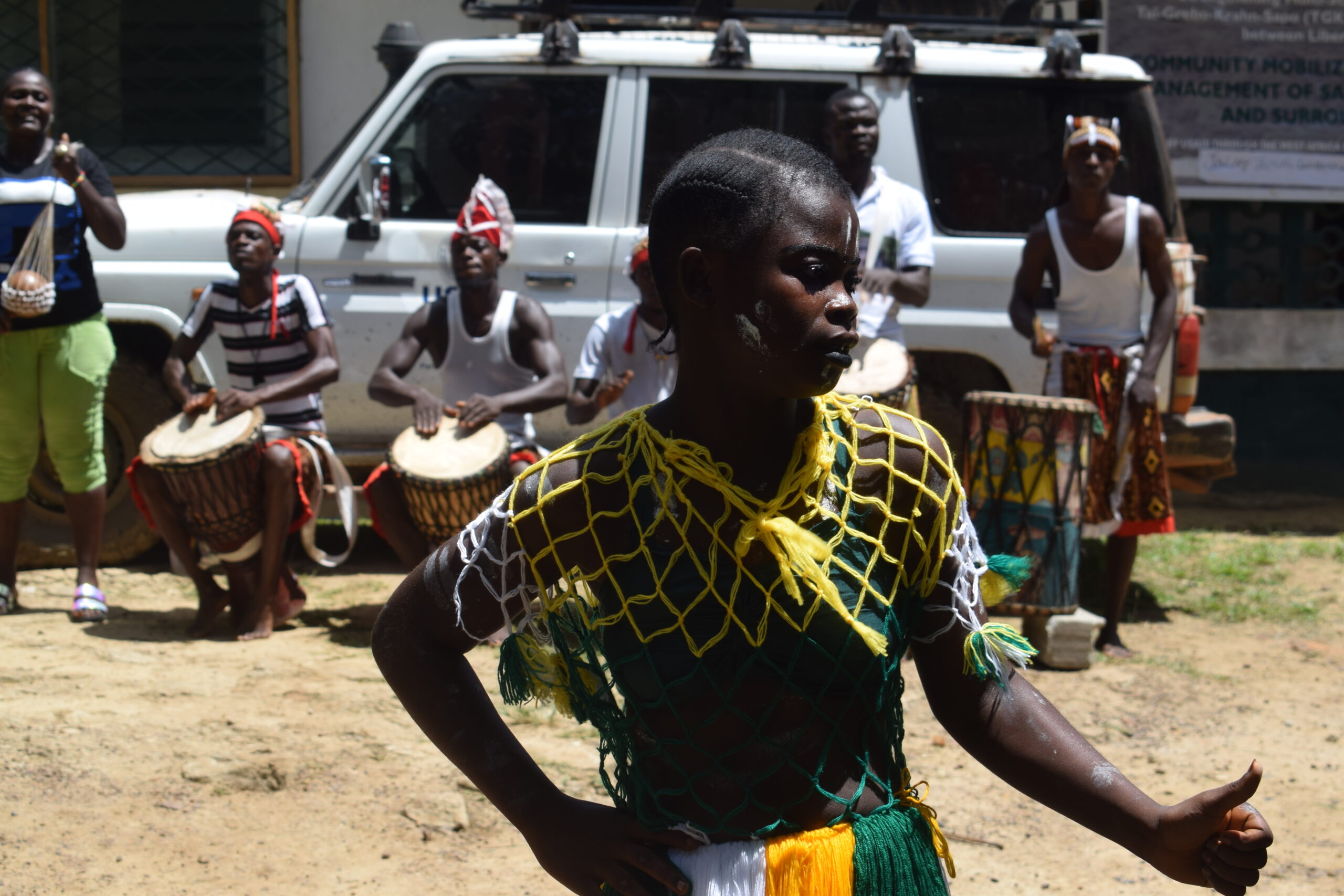
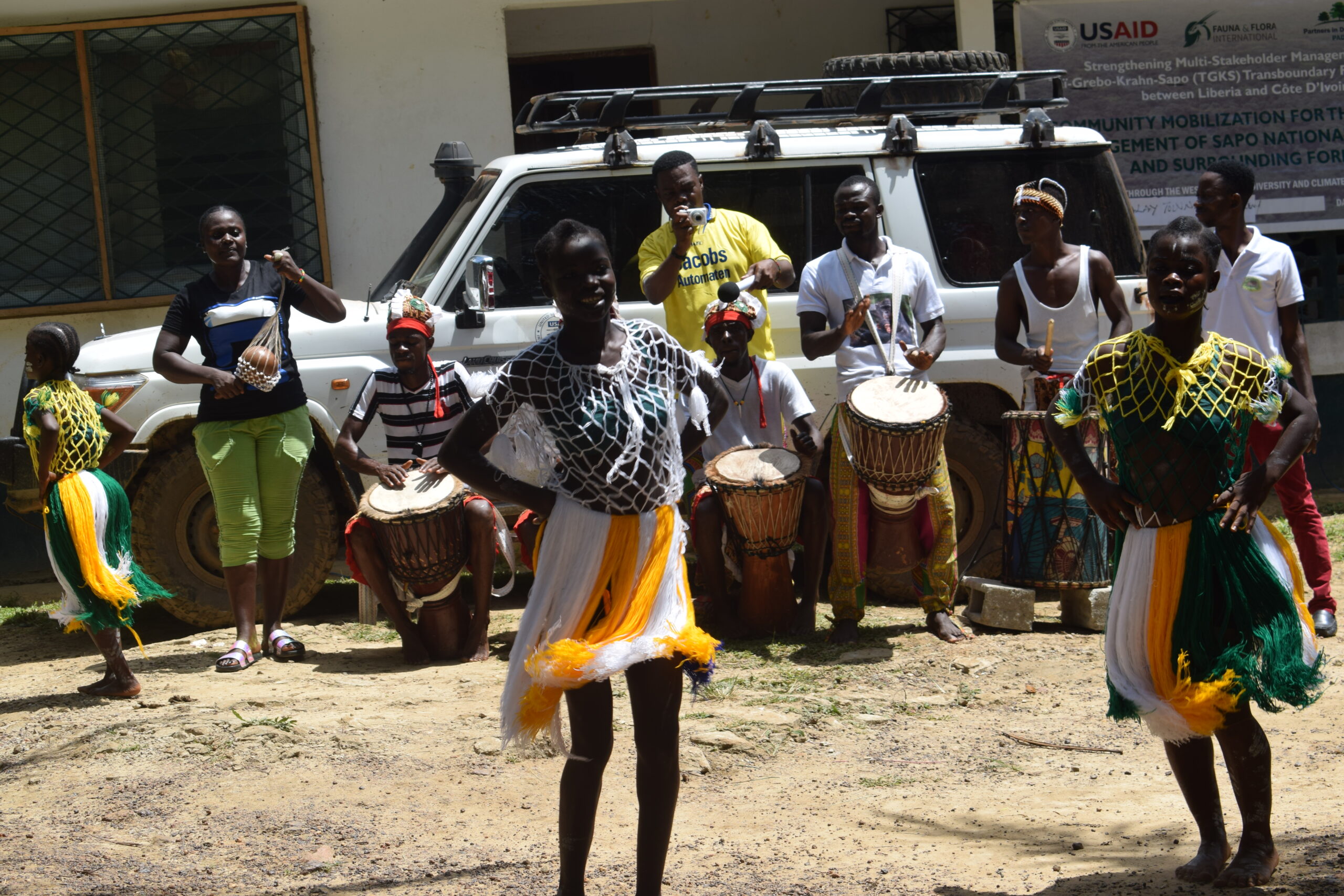
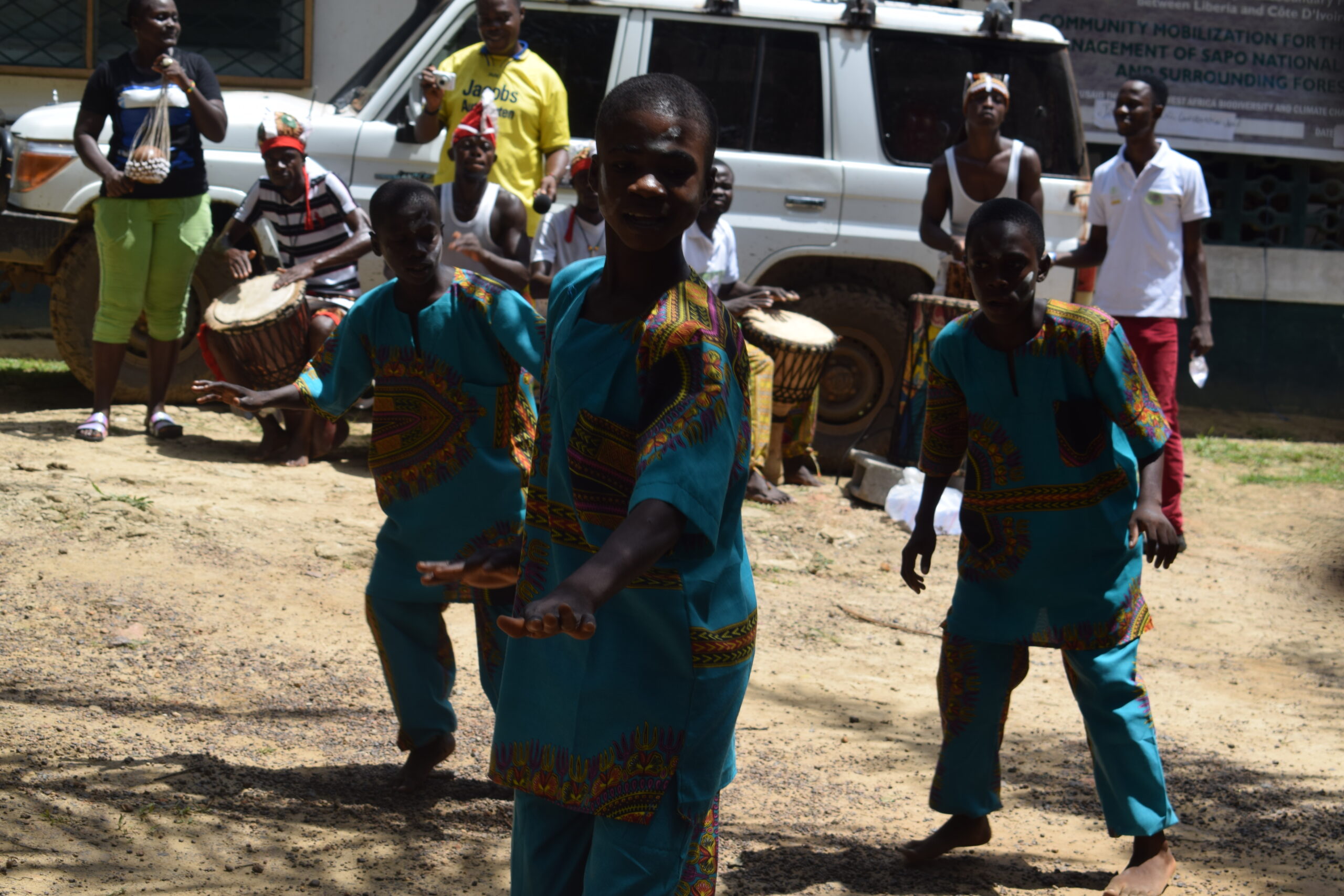
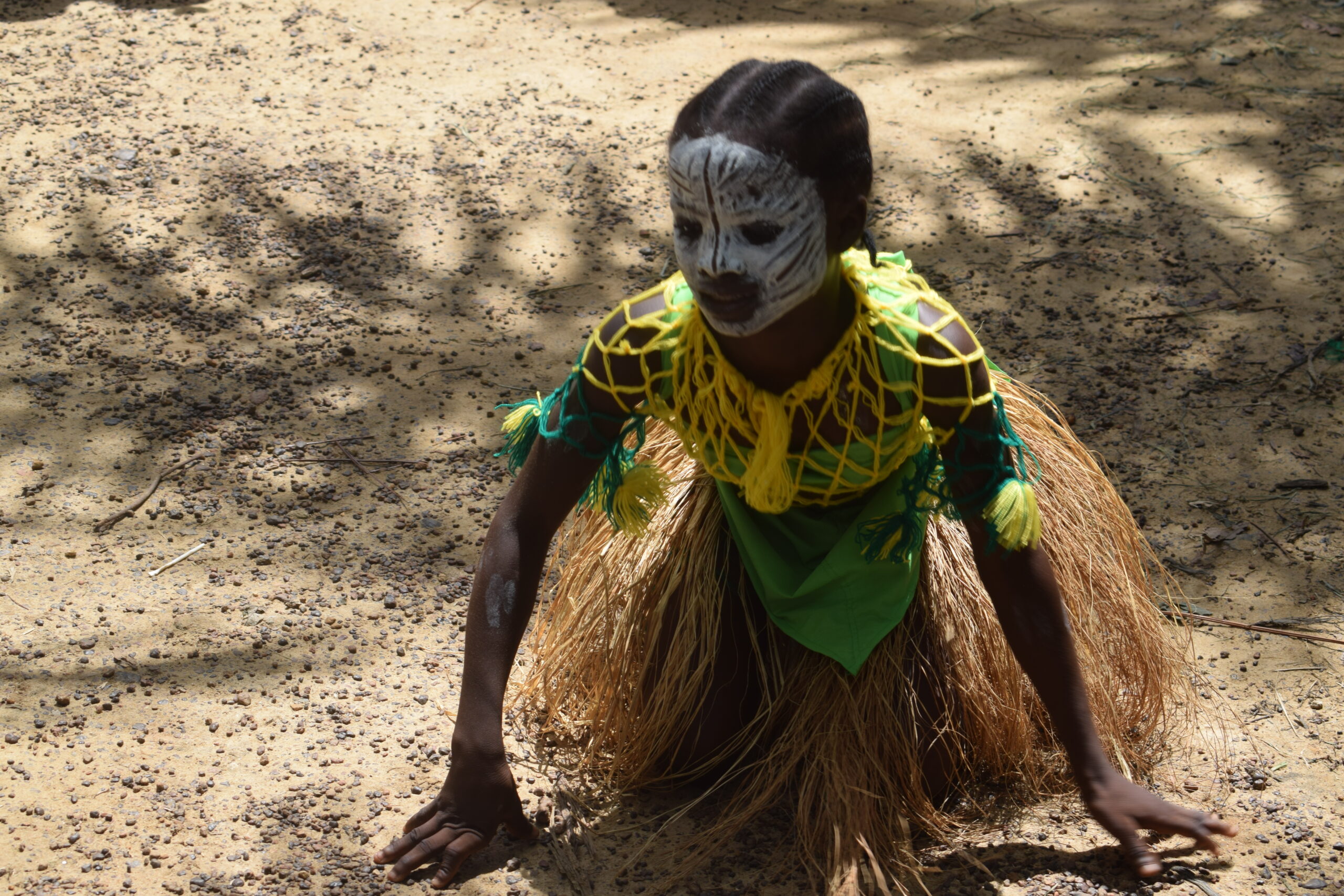
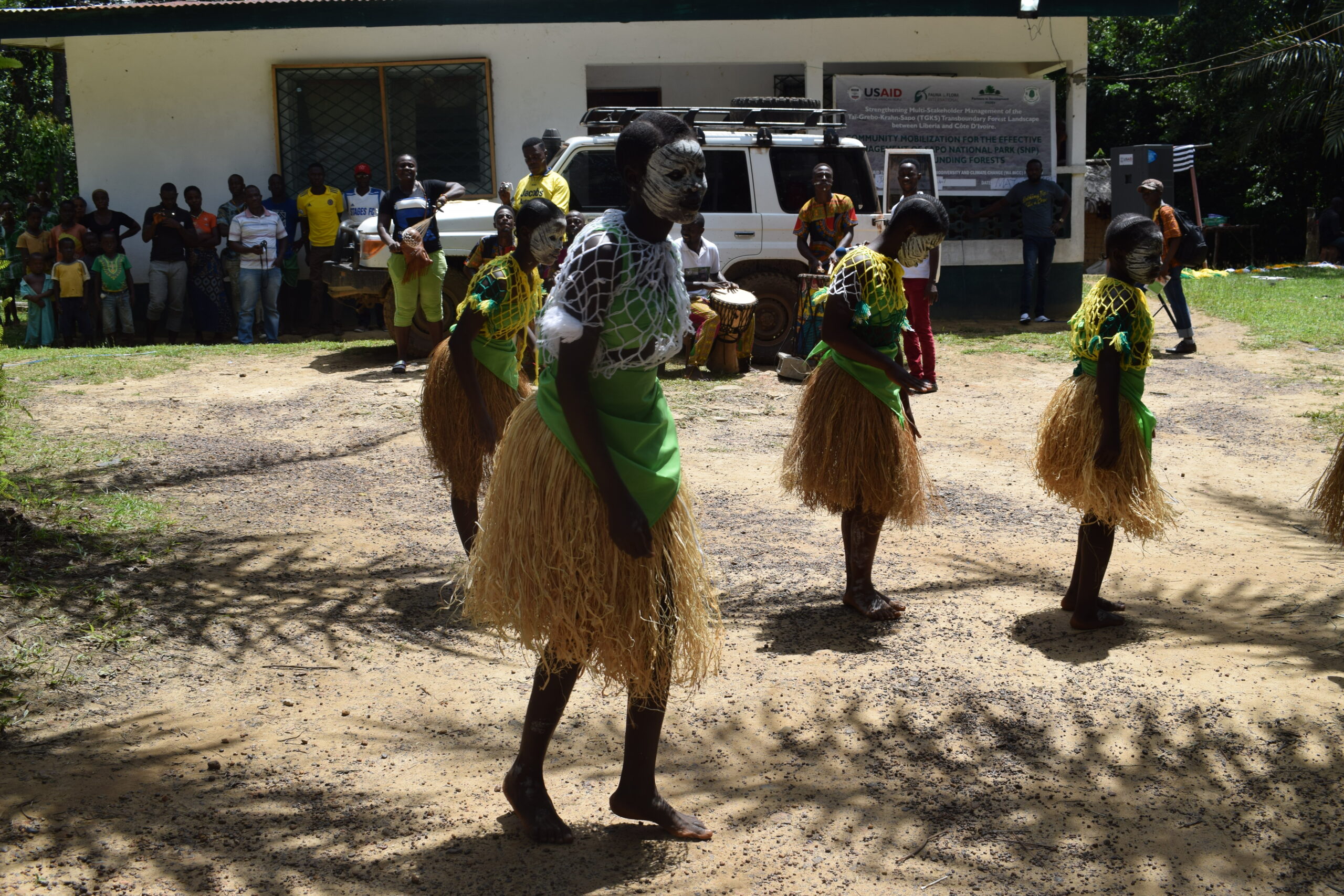
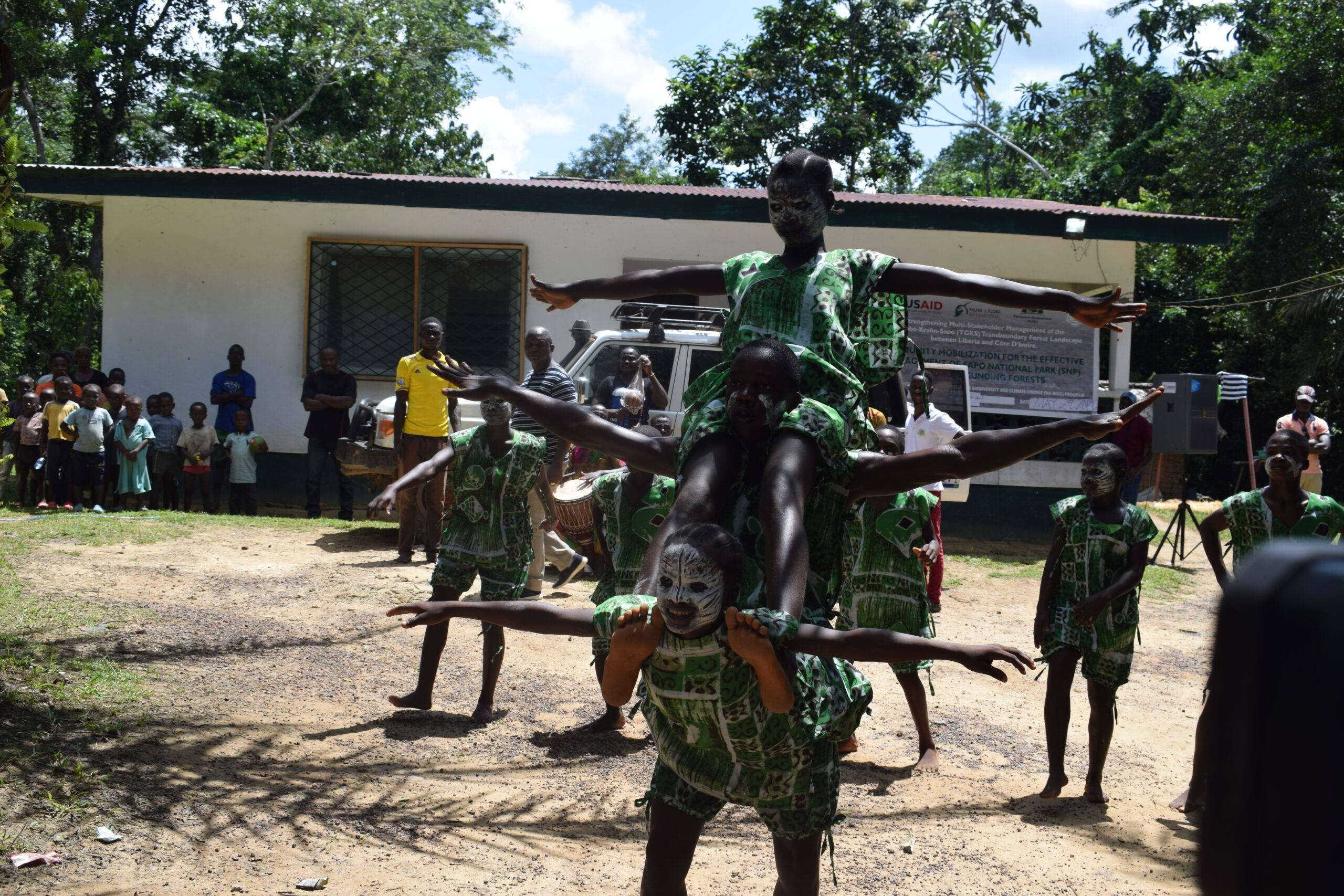
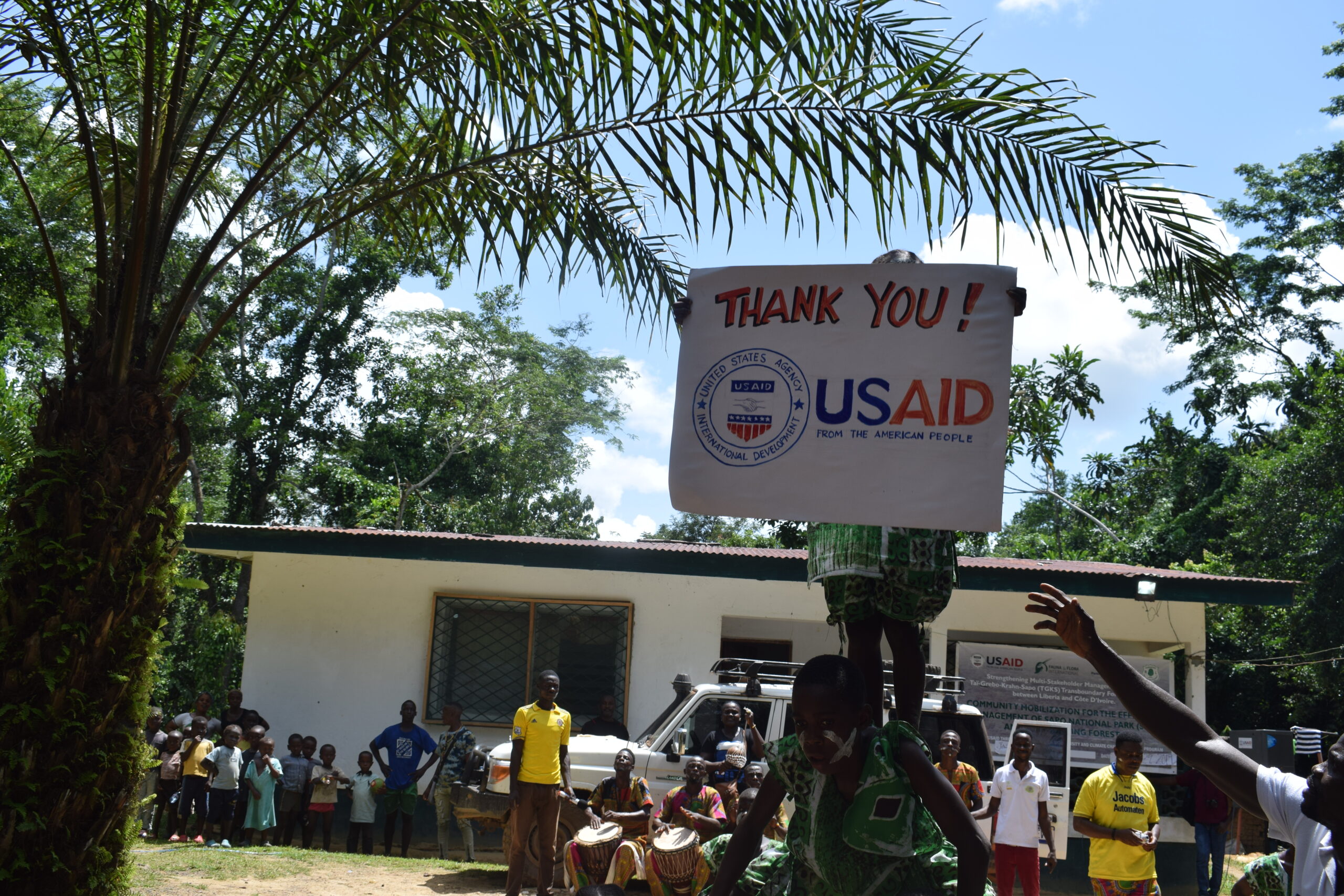
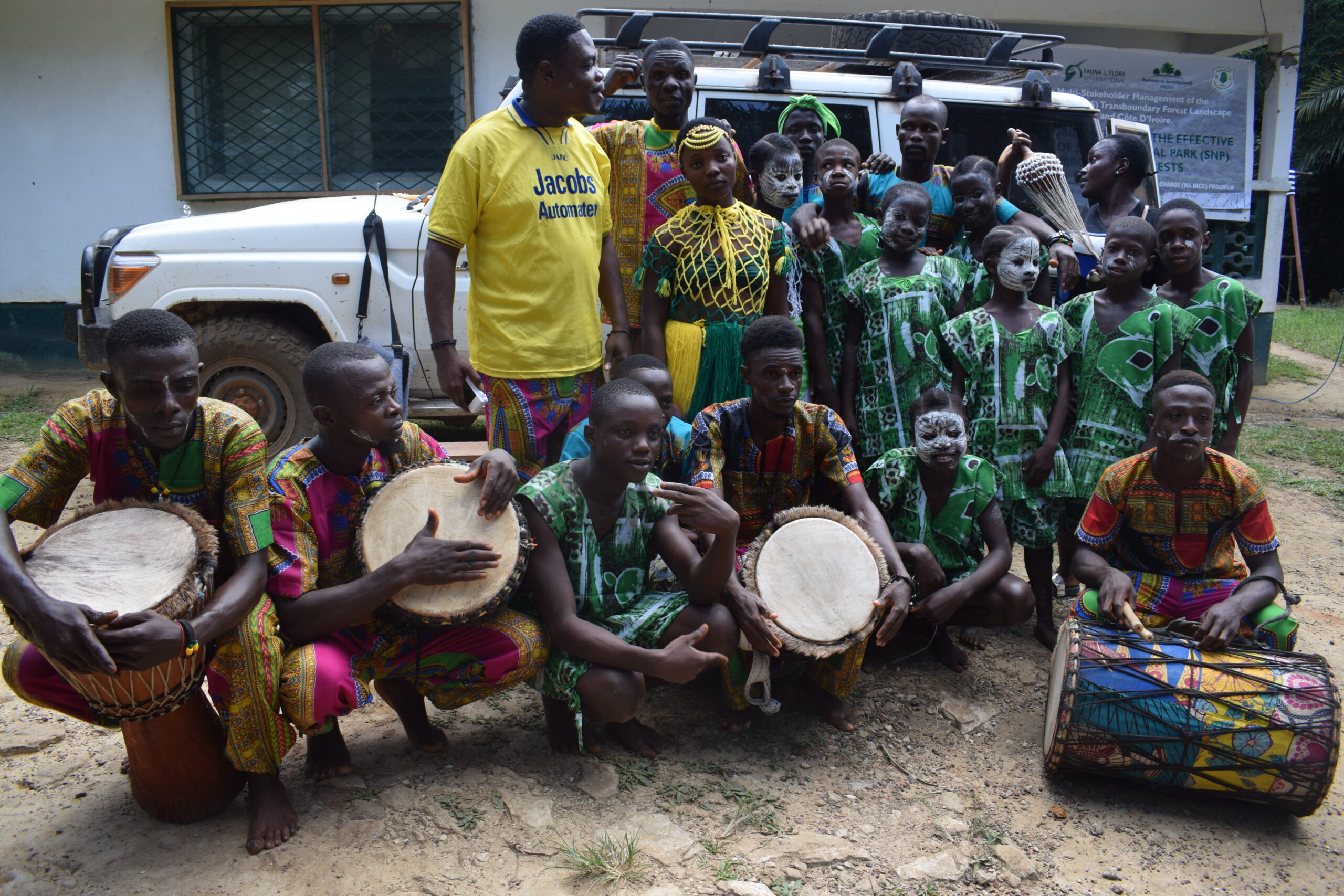
The case of endangered elephants in the Sapo National Park
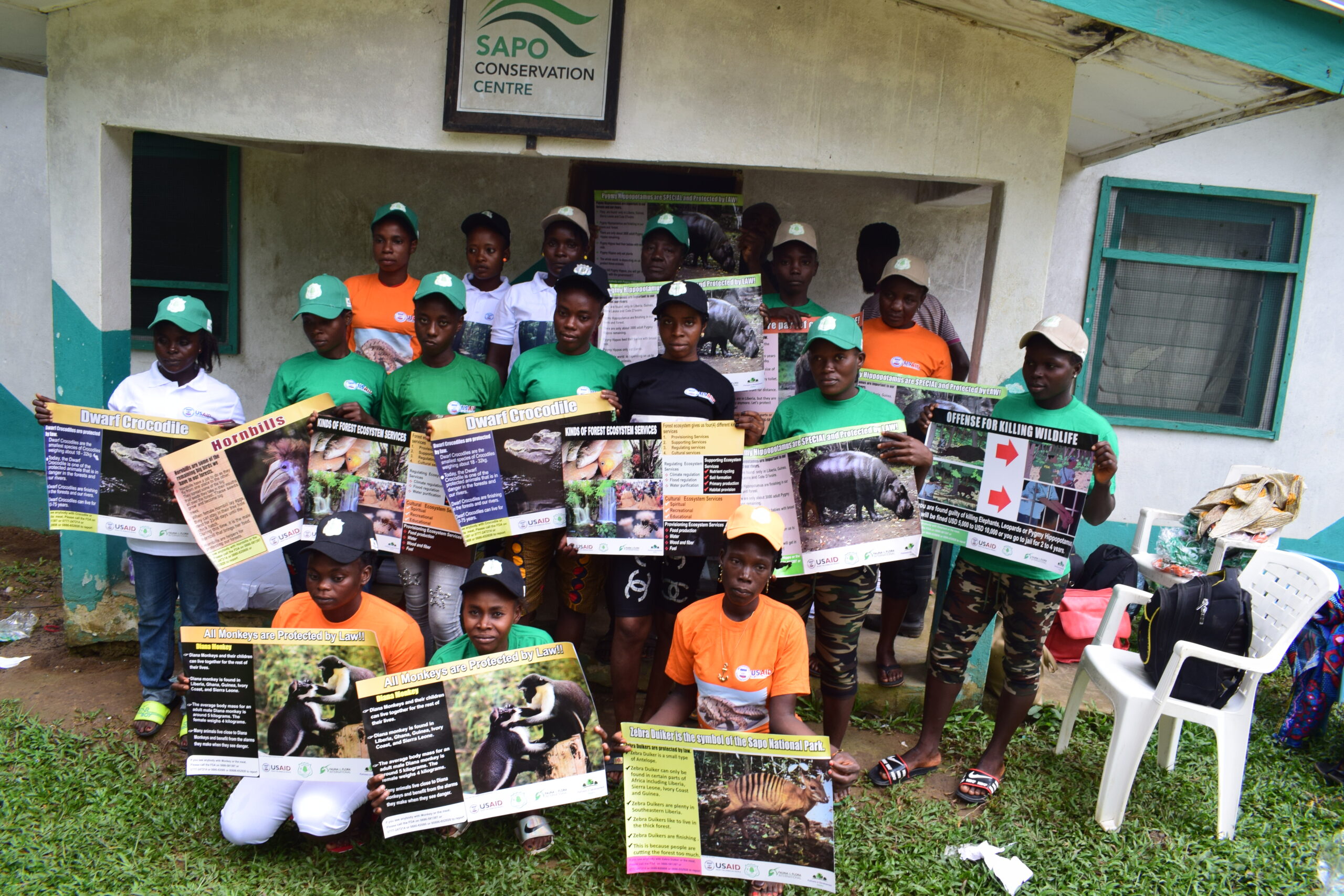
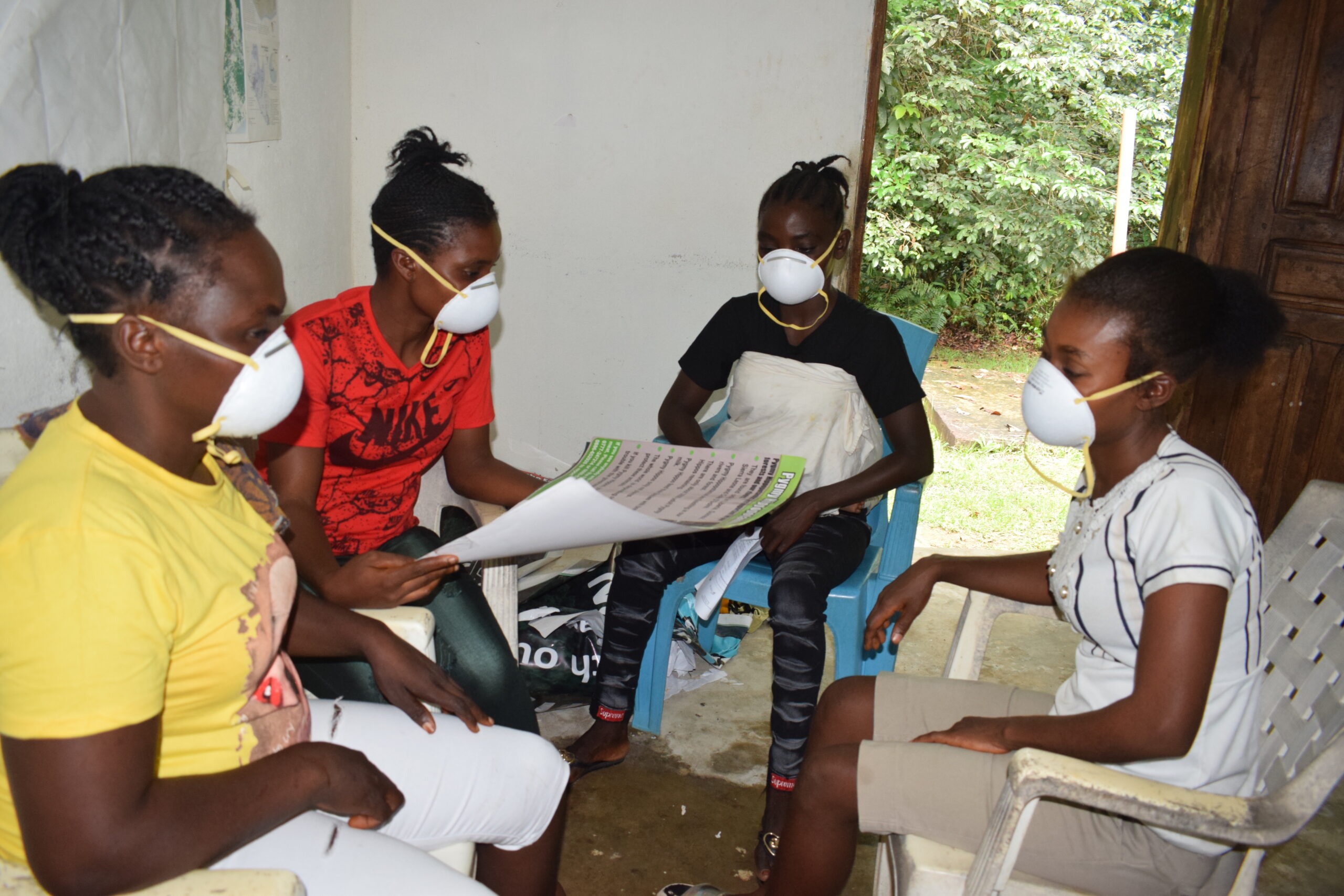
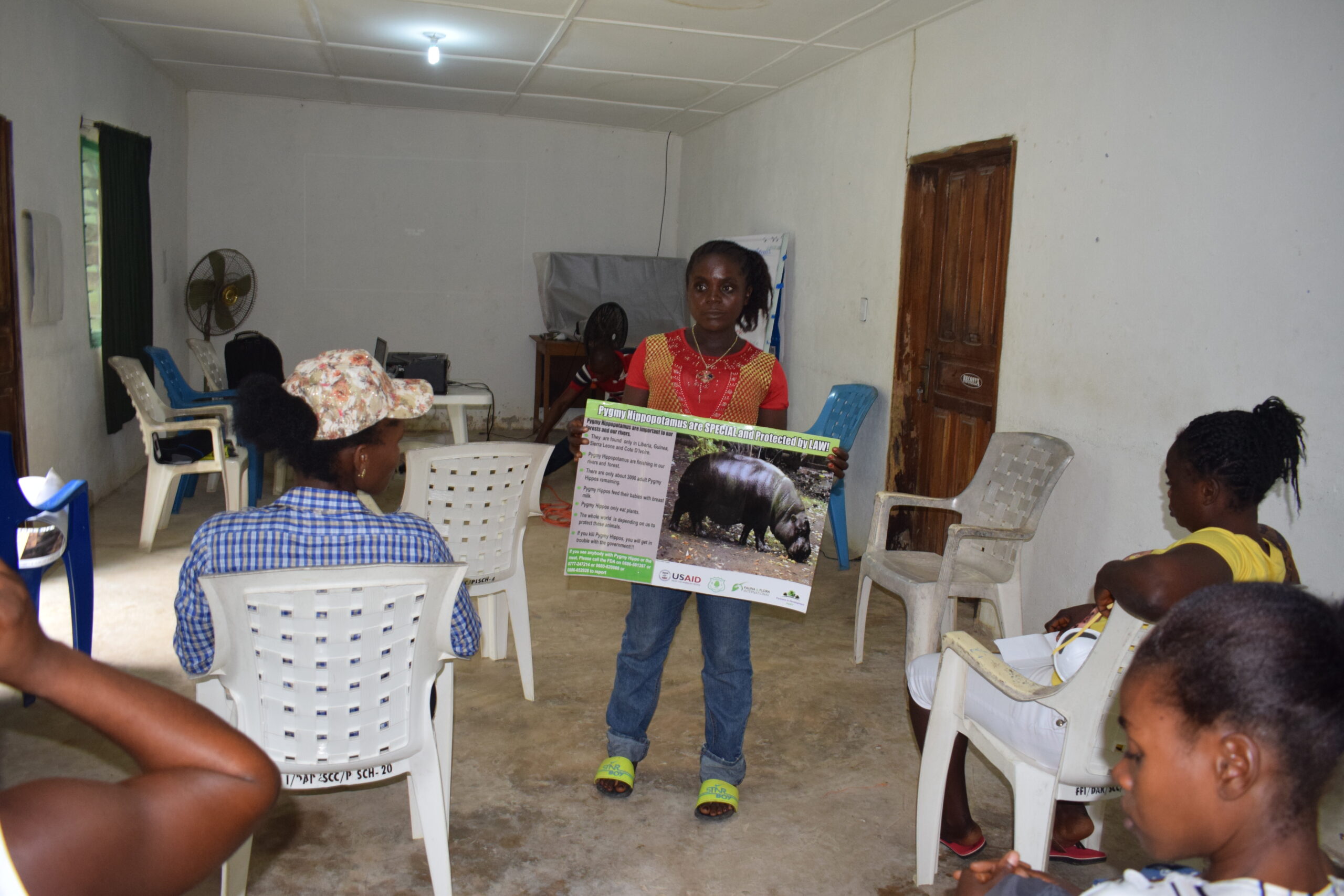
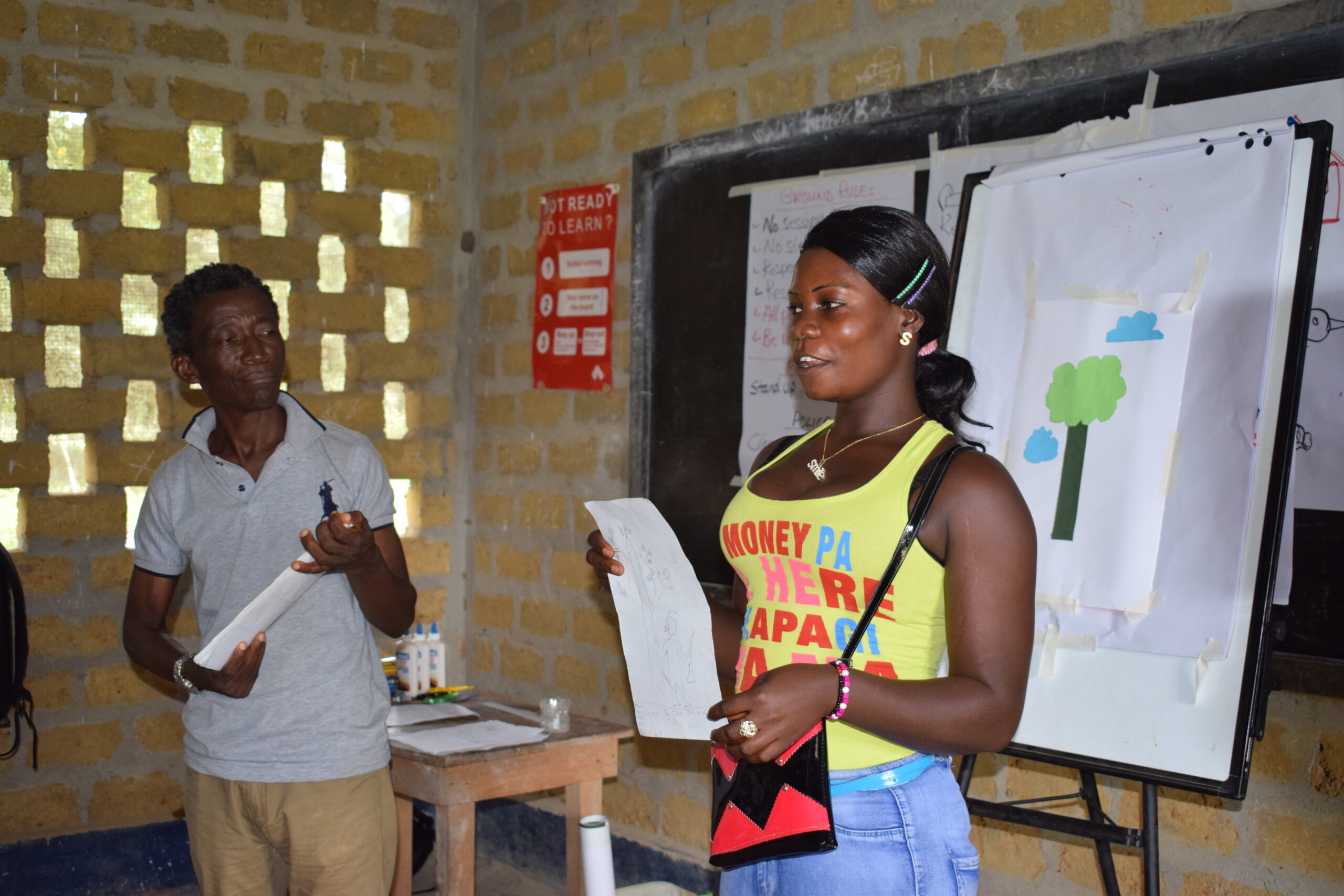
Community Engagement in Protected Area Management
Once formed and strengthened, forests resource governance institutions assist FDA to man protected areas while leading charge to manage communal forest and forest landscapes in the buffer of protected areas.
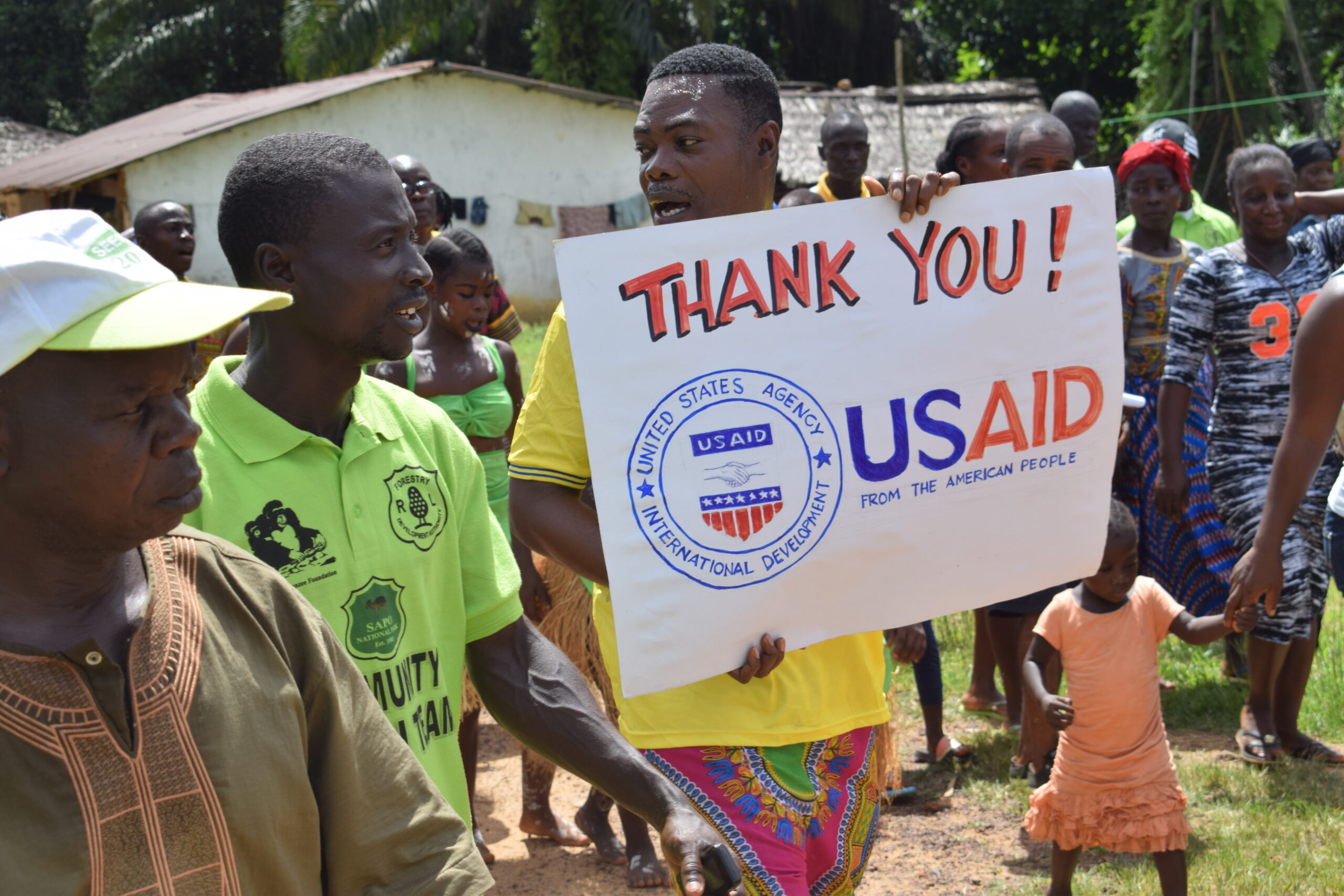
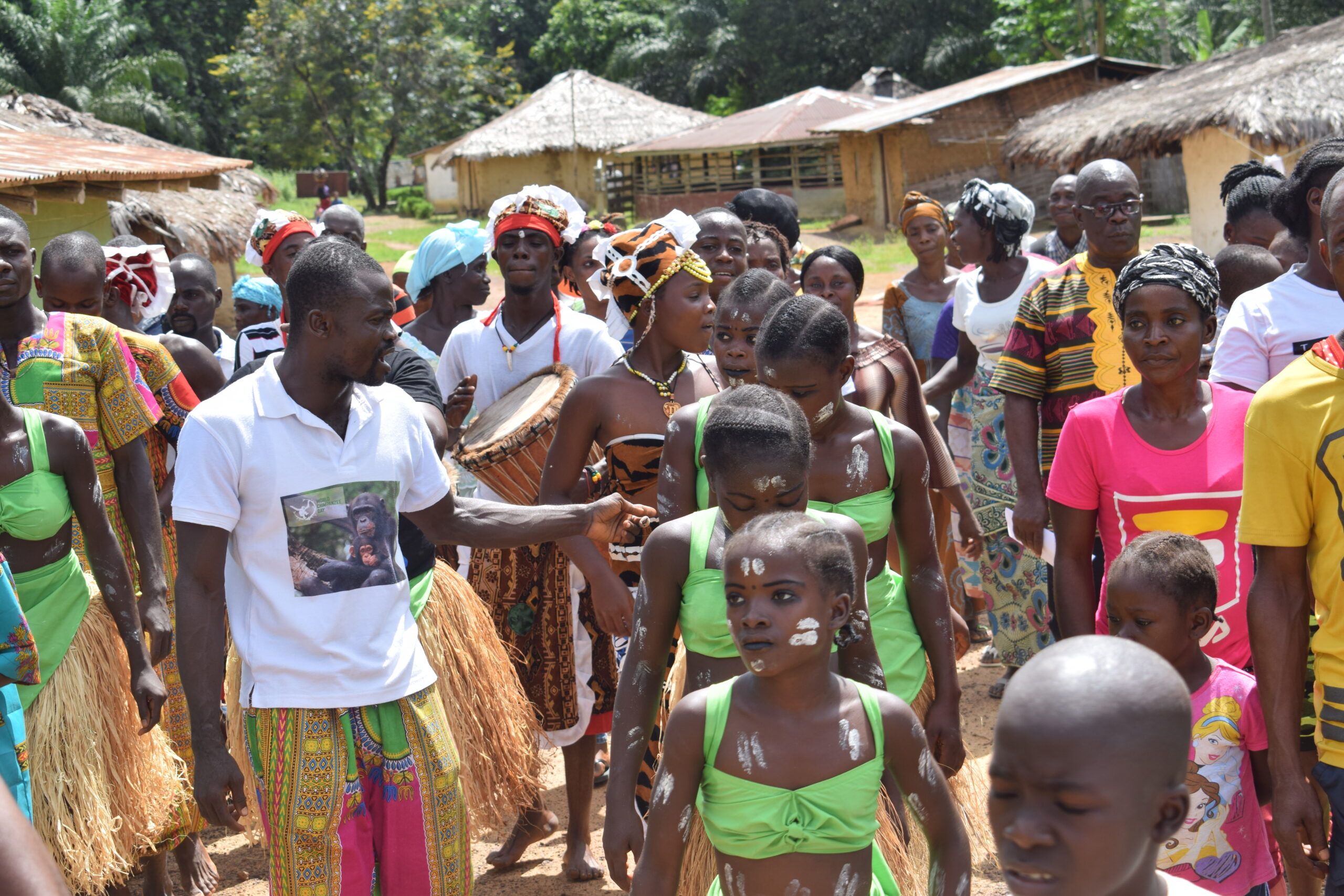
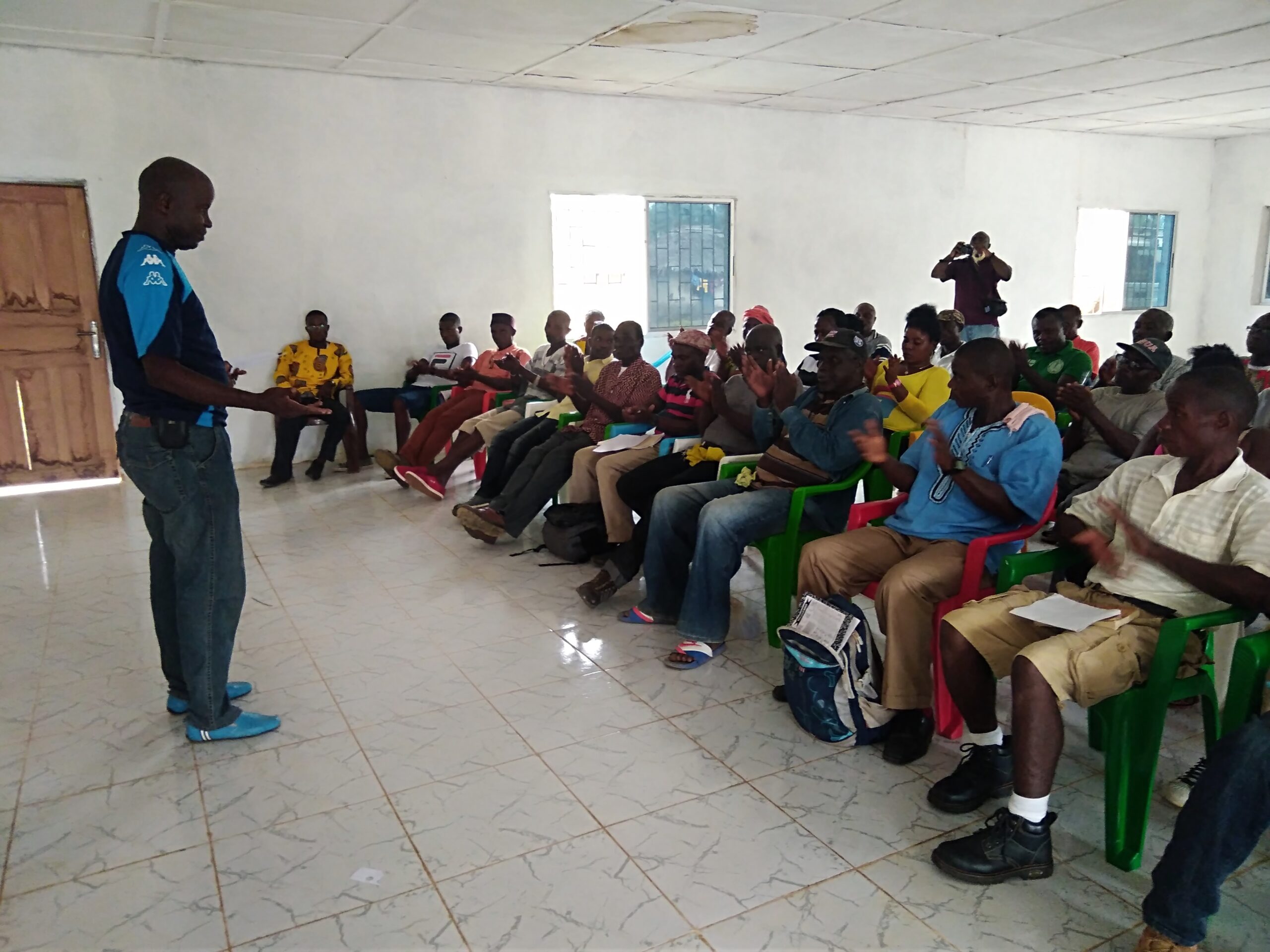
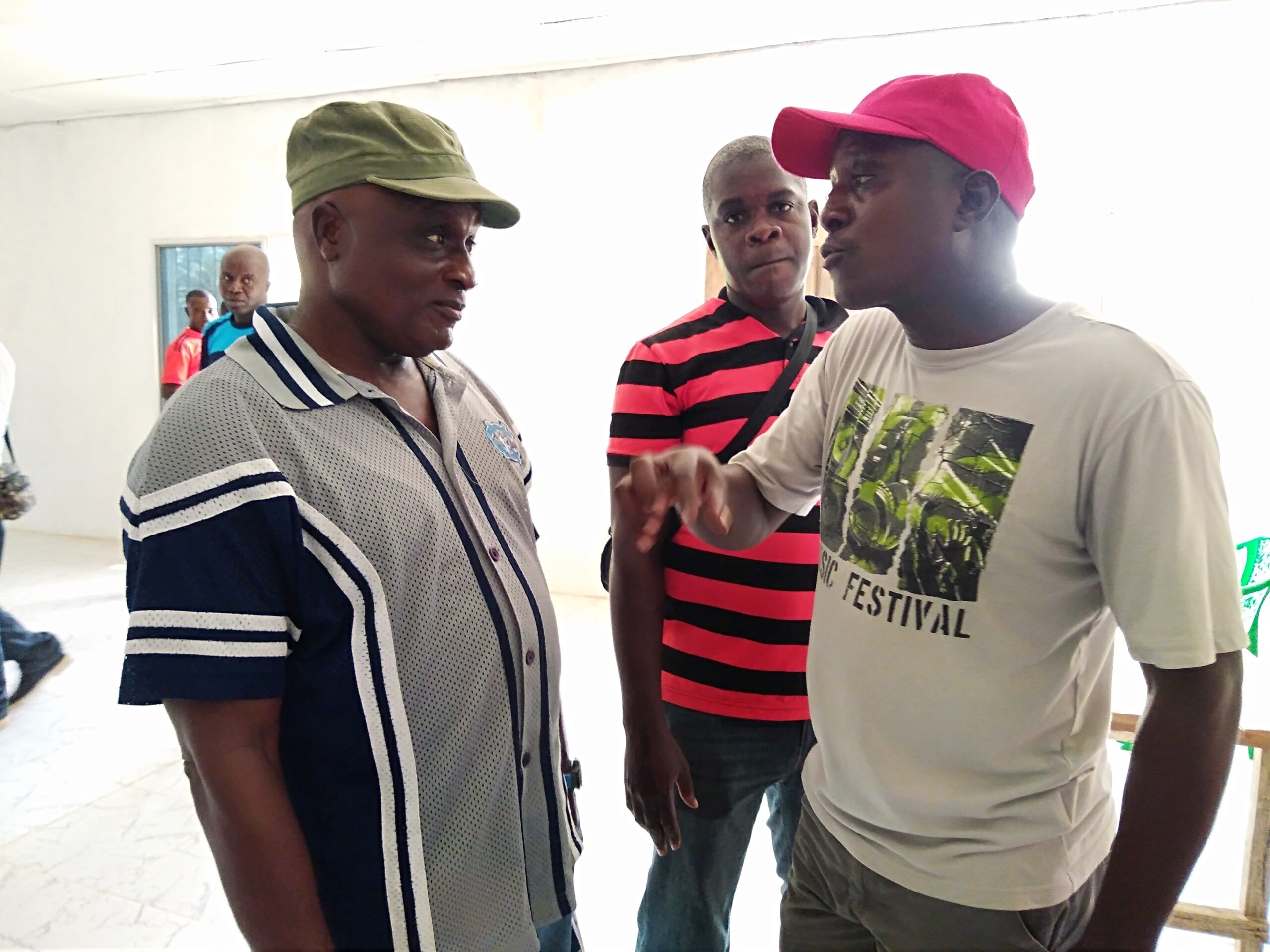
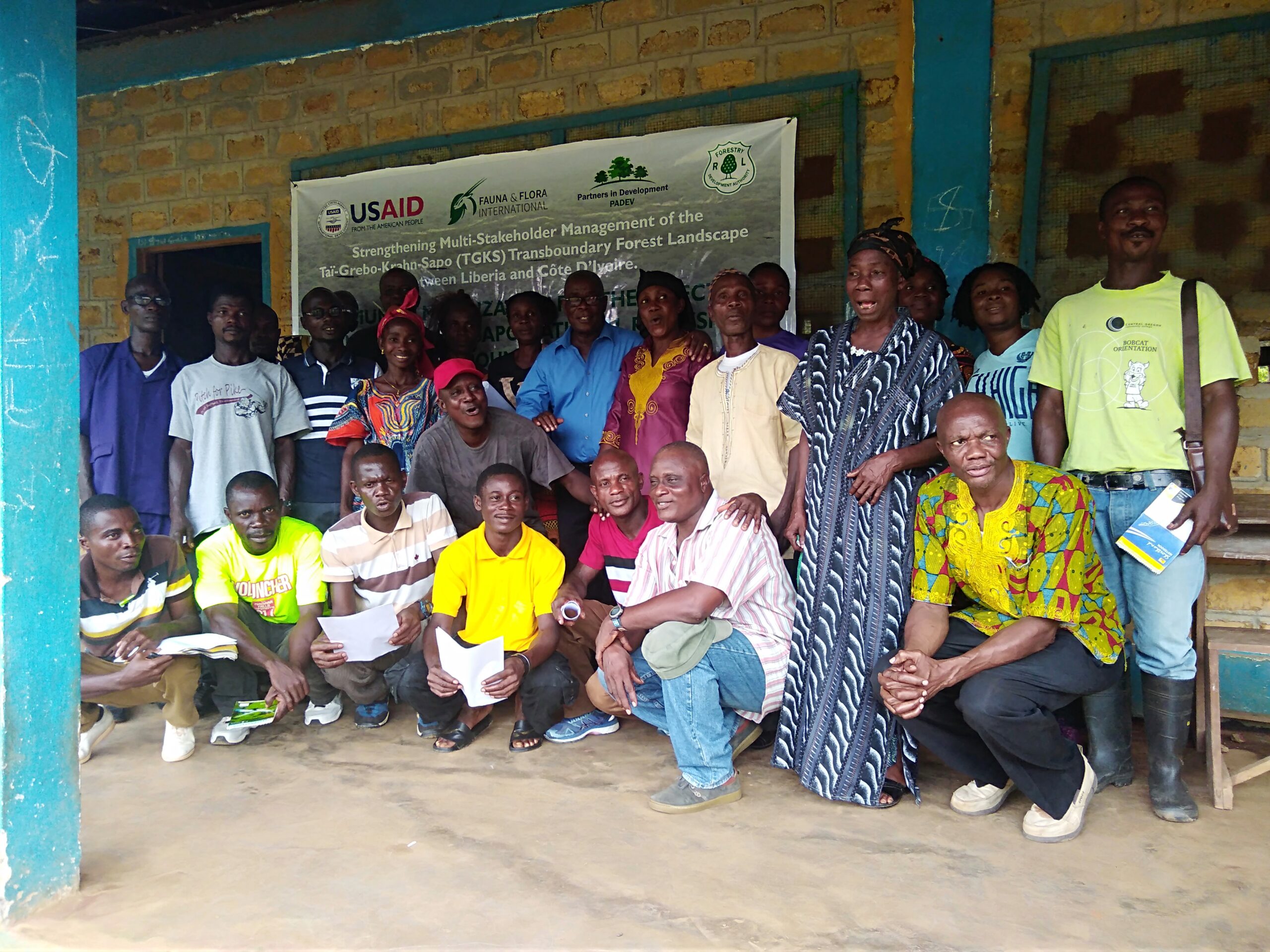
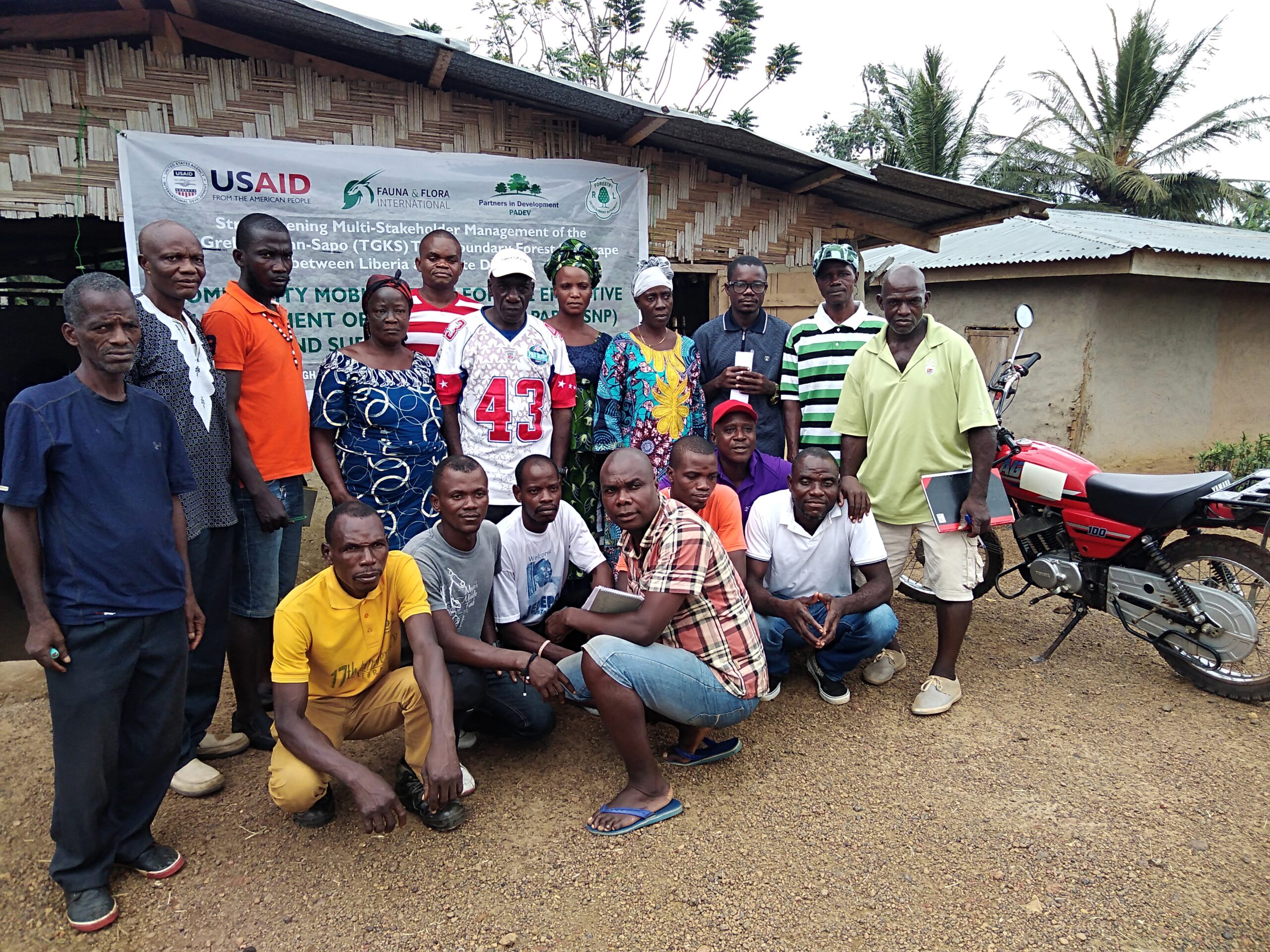
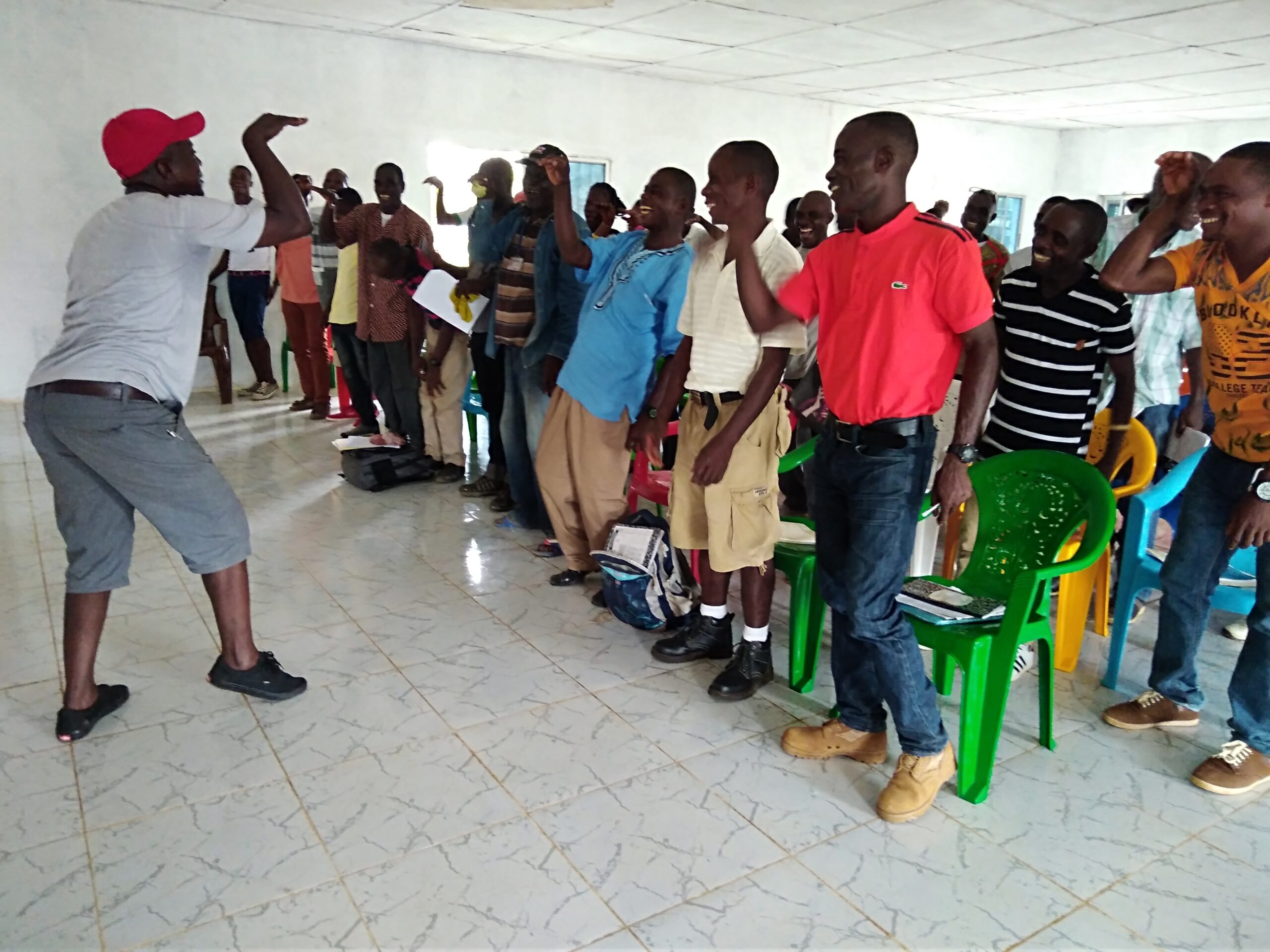
Livelihood and Enterprise Development
As part of the community conservation enterprise, community groups were trained on beekeeping about 190-beehives were set up across 10-sites are 80% are thriving.
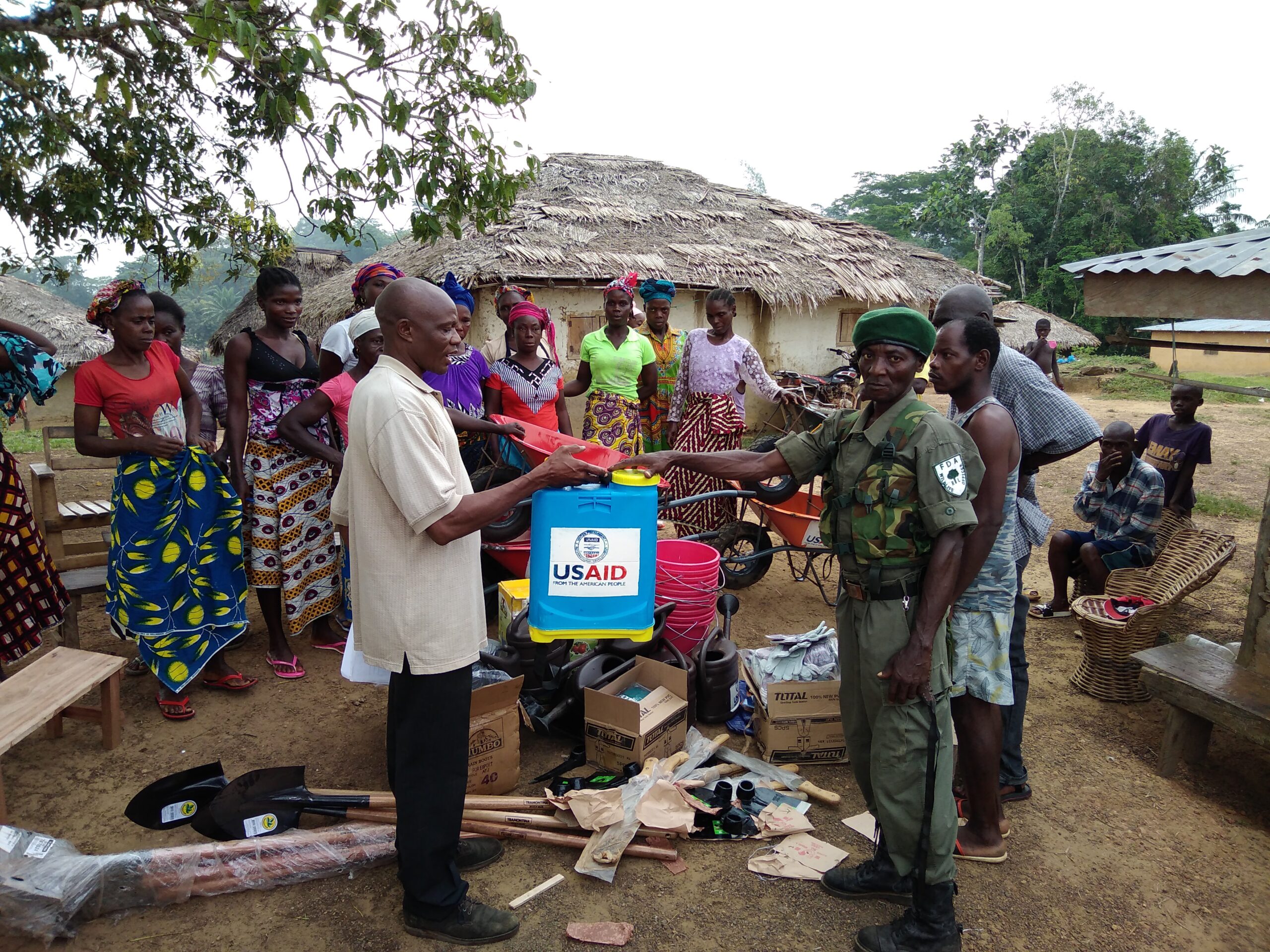
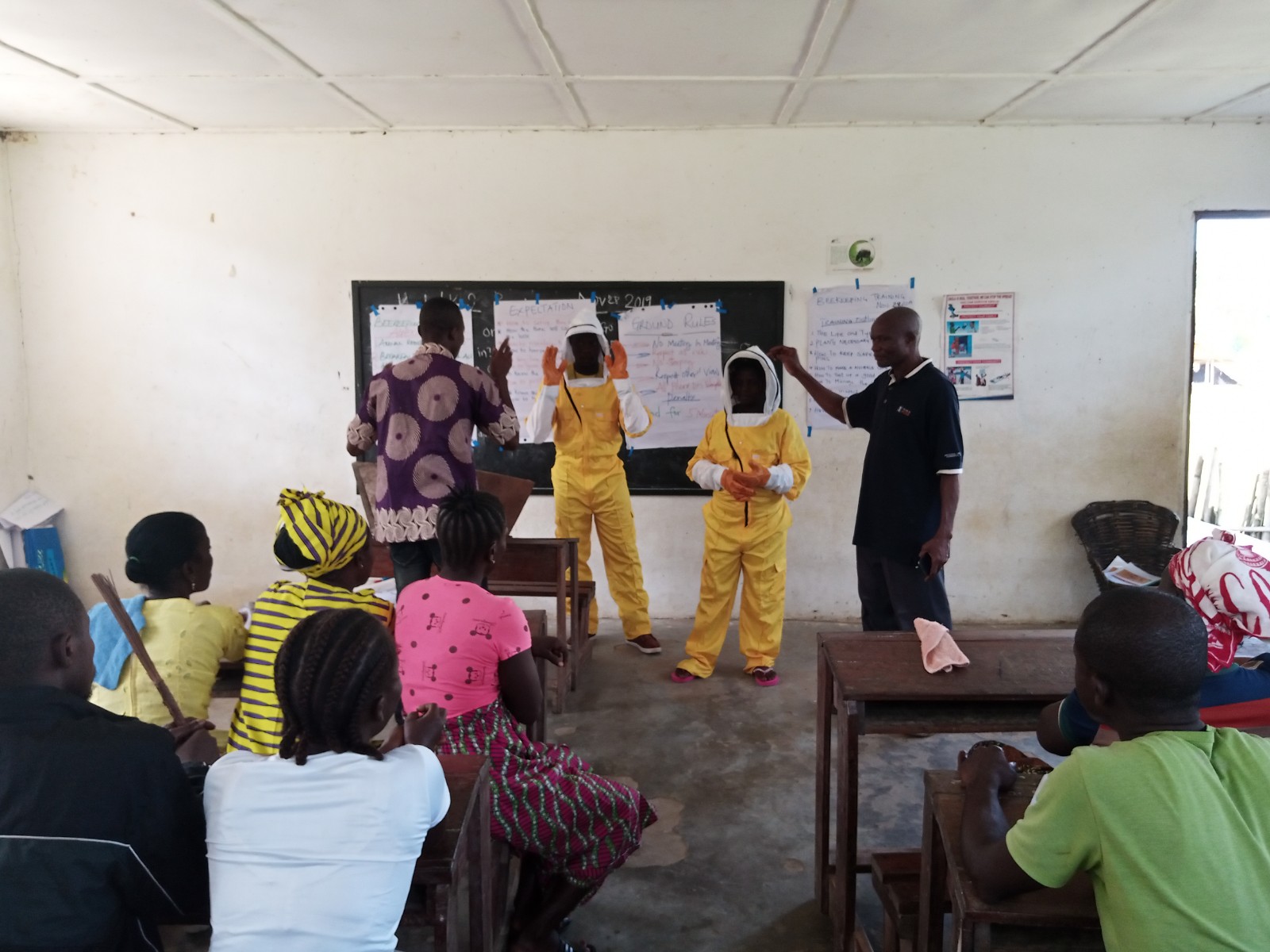
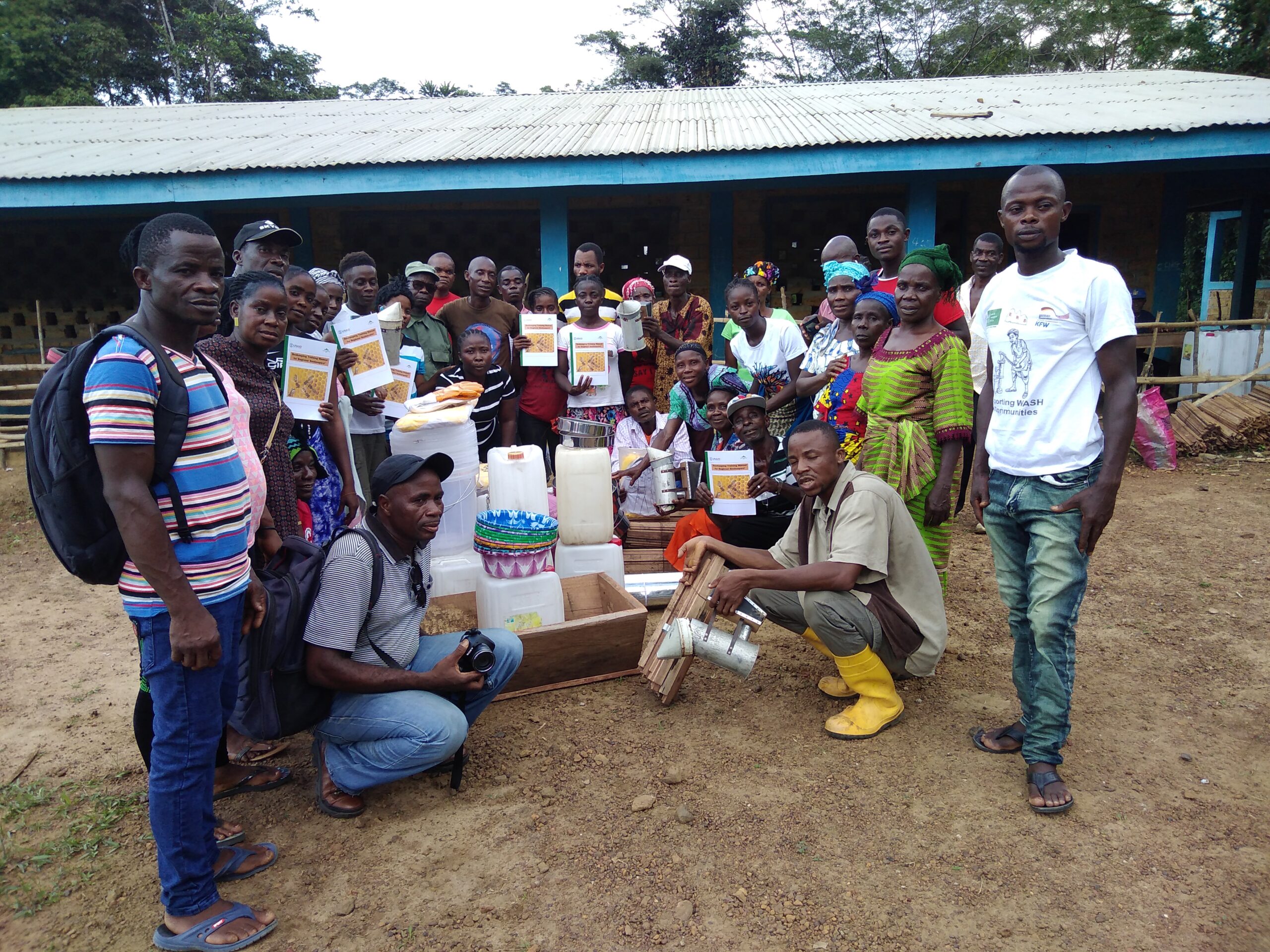
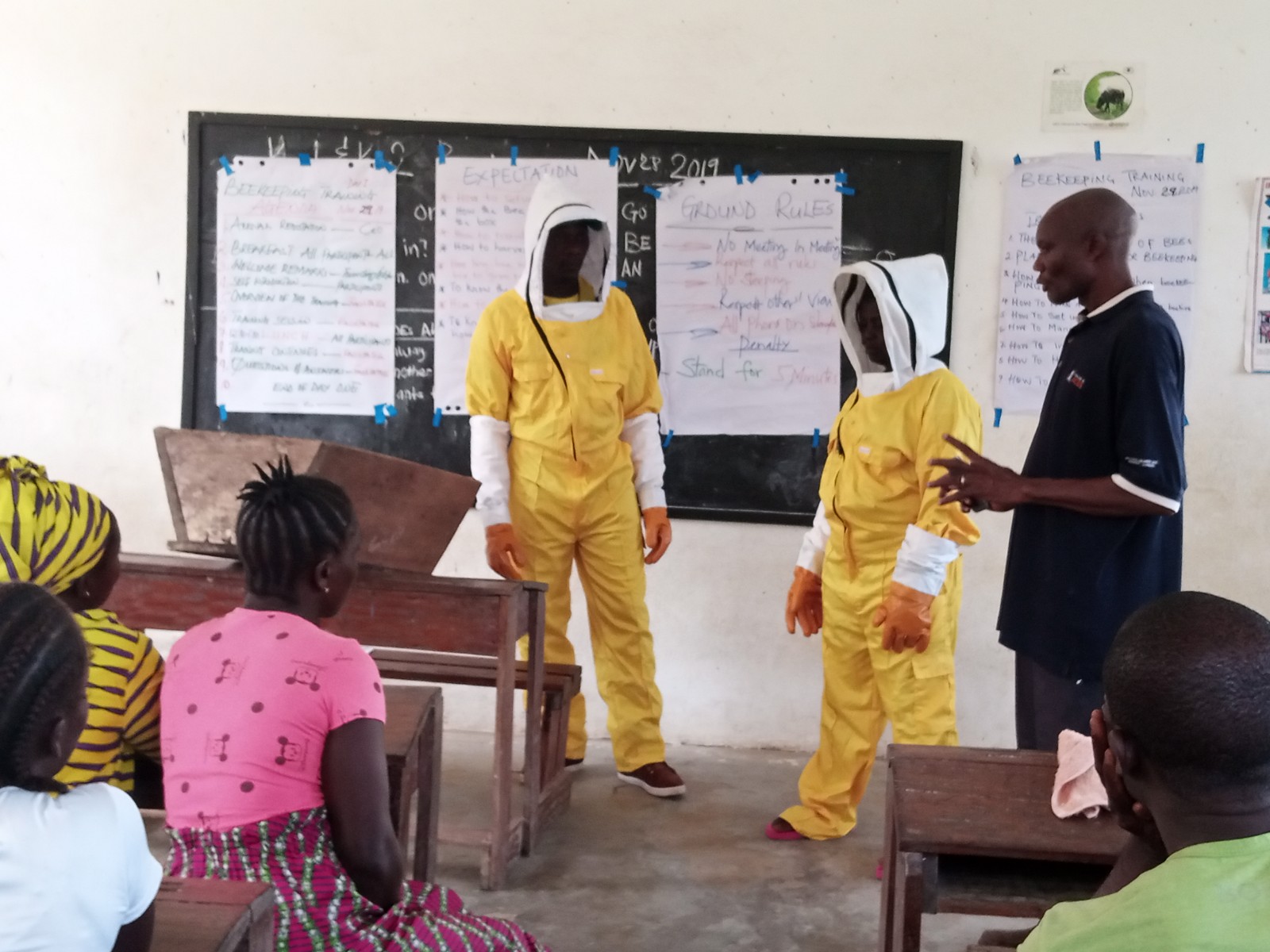
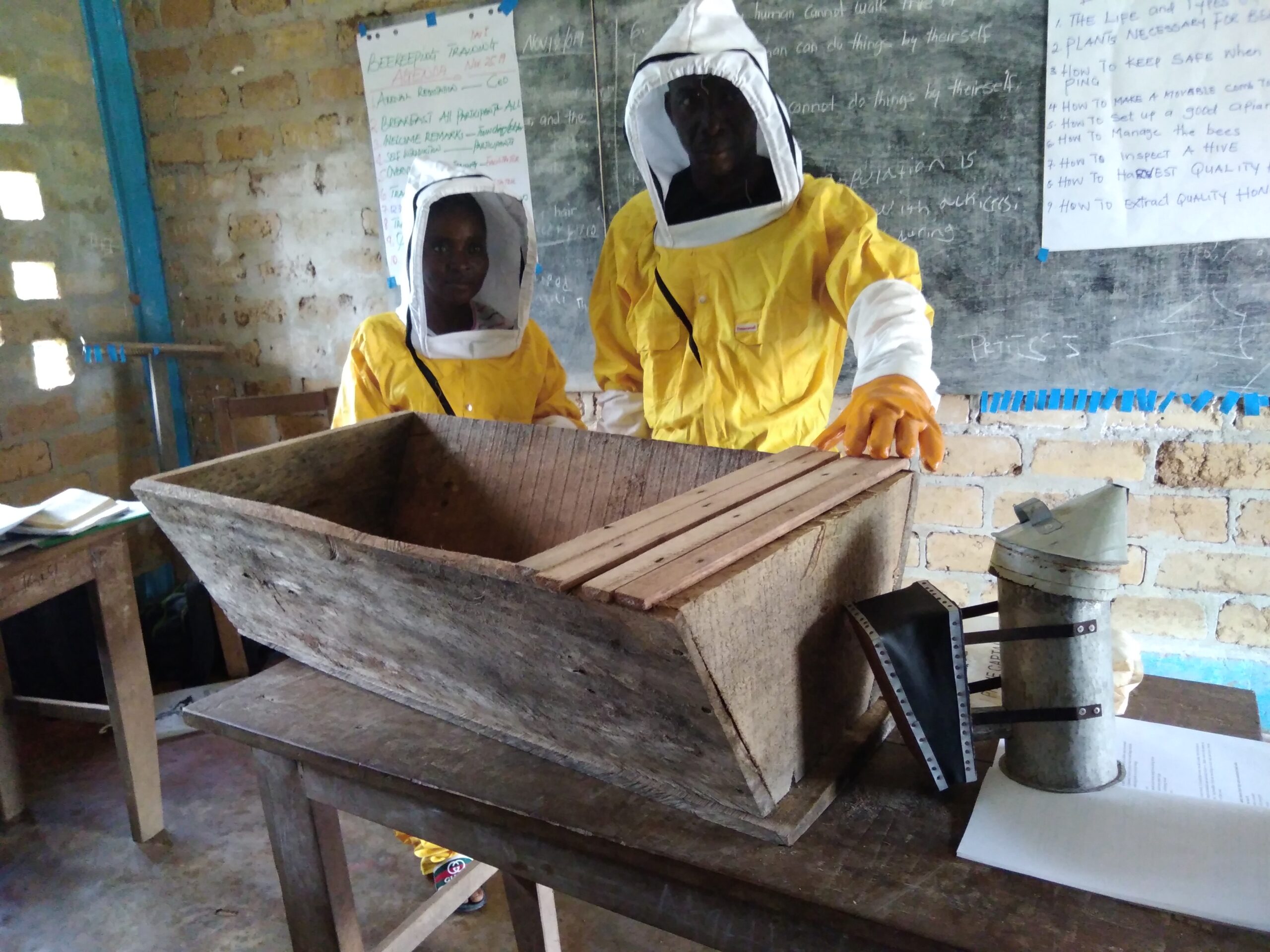
Social Behavior Change Communication
To support and sustain the process, we train school administrators/principals based on a USAID PROSPER funded environmental education curriculum. We build and train community theater troupes to lead conservation outreach in the constituents of their communities. Theater troupes we build are maintained and integrated into local community social structures and are often called upon to contribute to local development events.

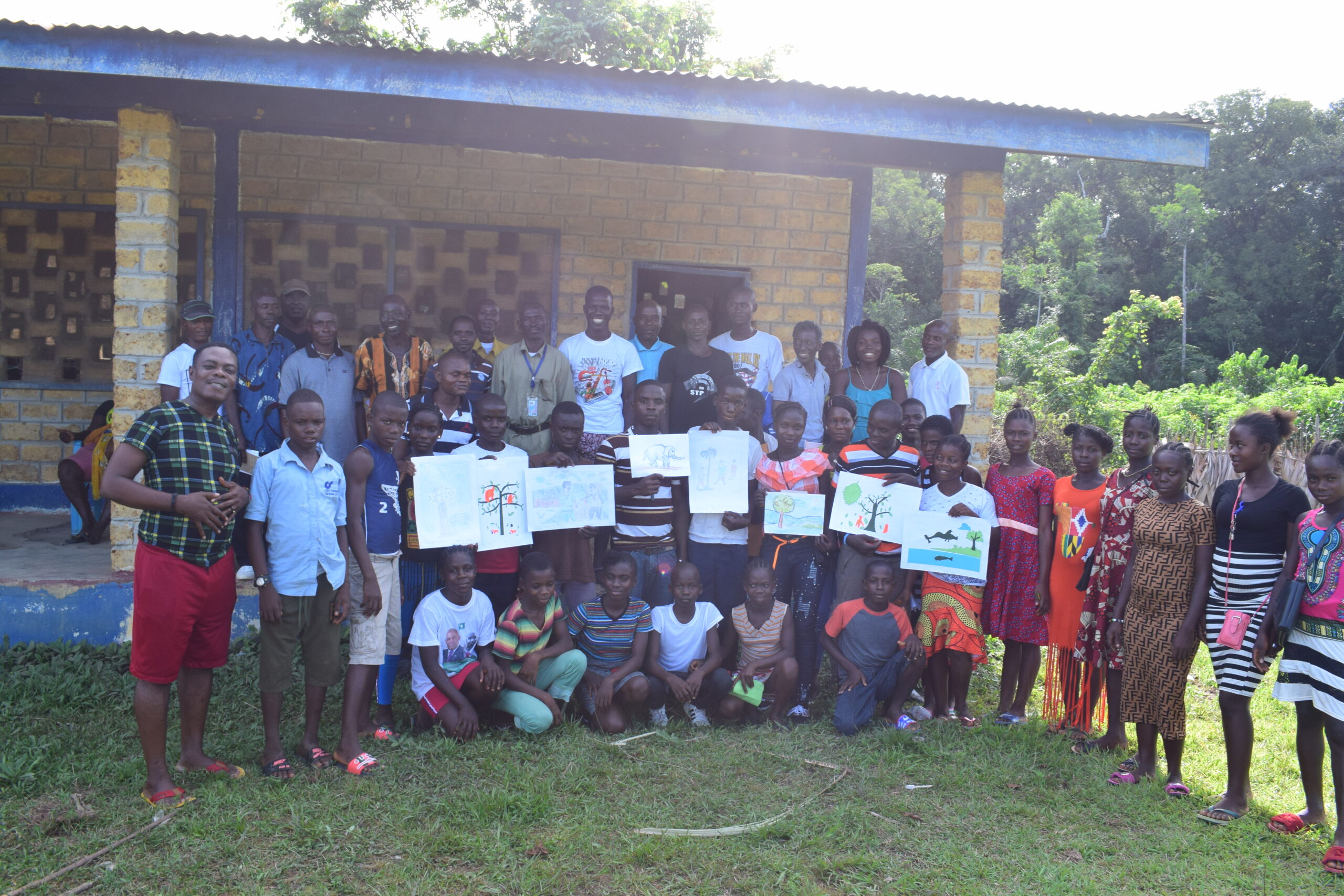
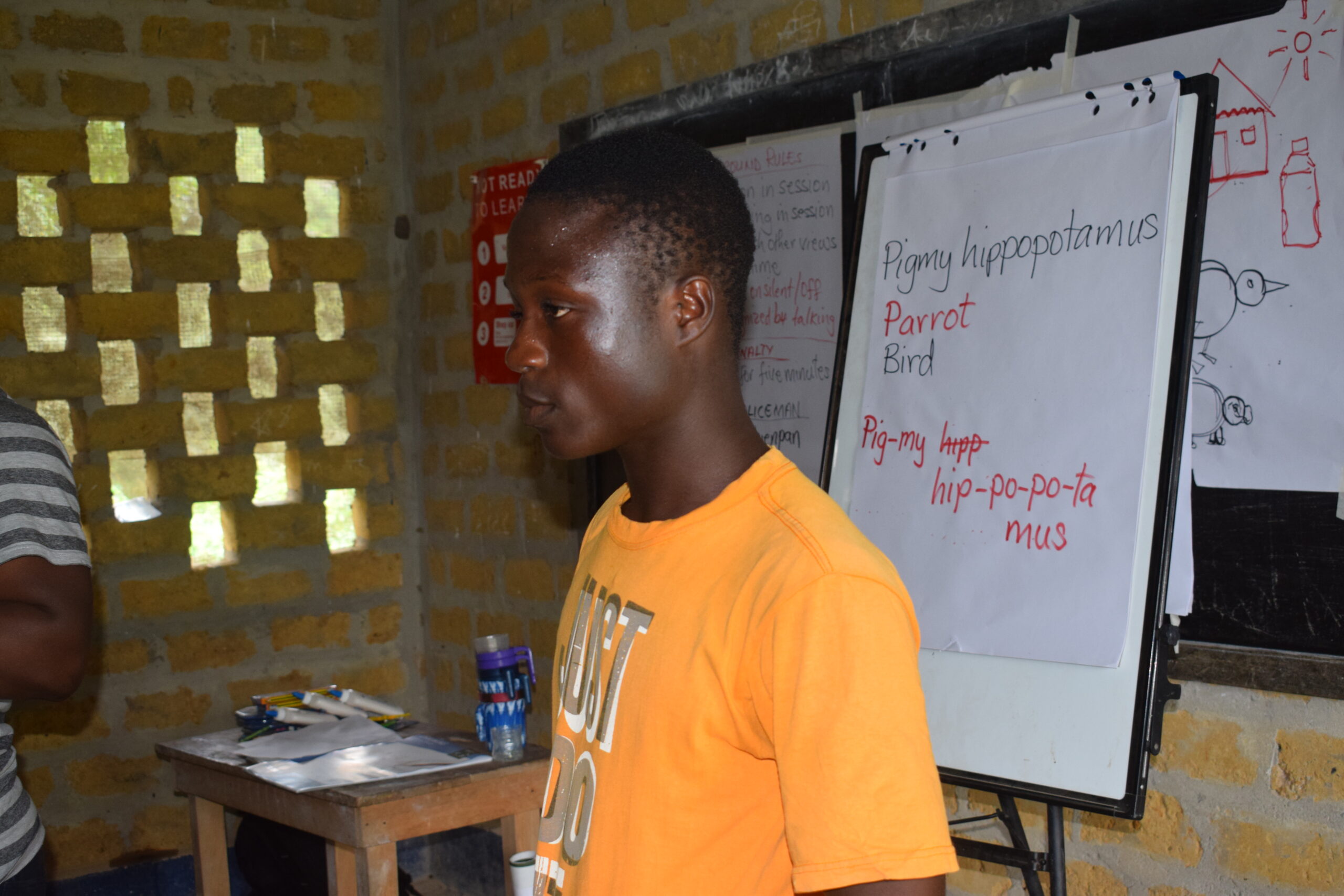
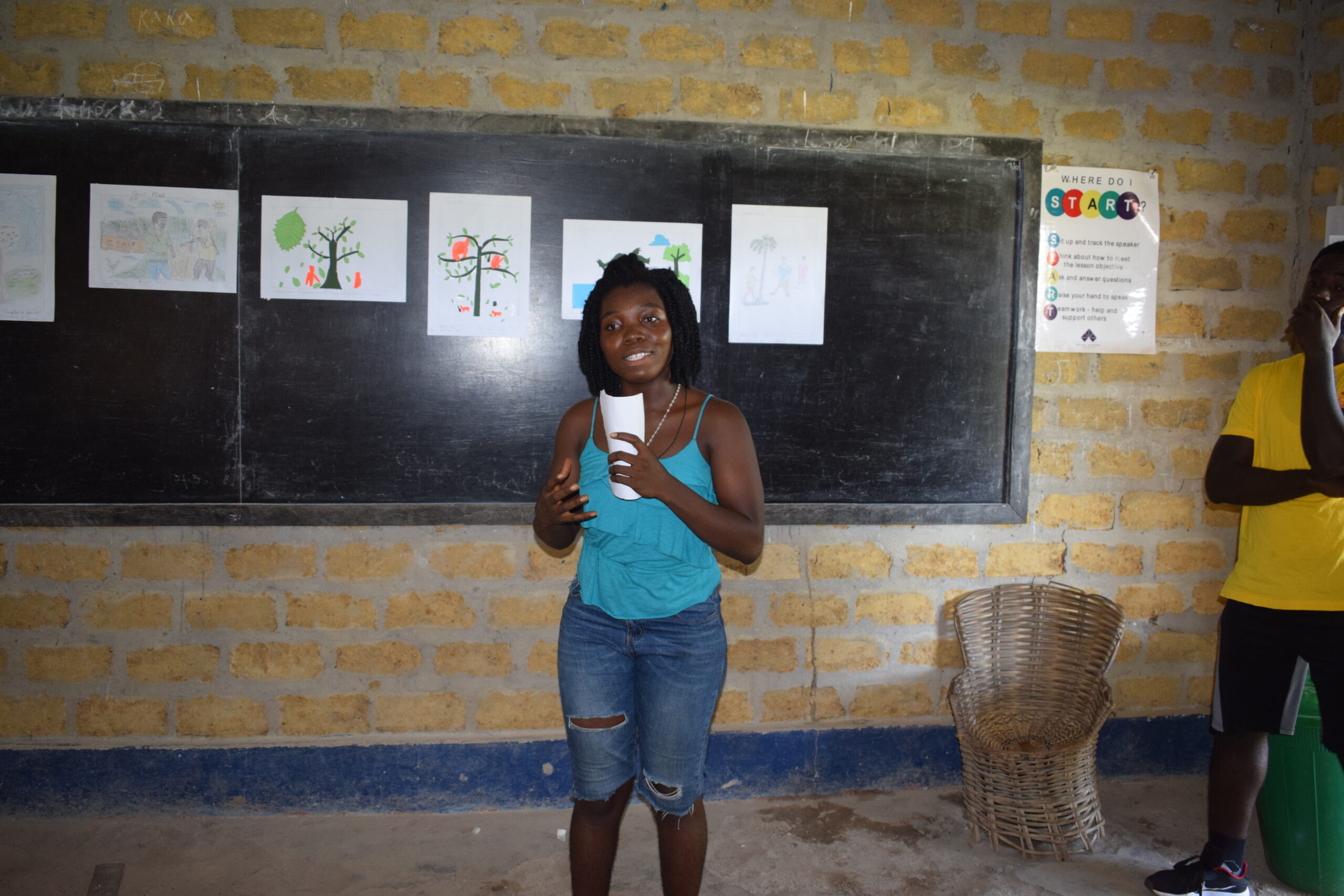
Gender and social inclusion
When we work with communities, we place a lot of emphasis on the inclusion of marginalized people including women, boys, and girls. In 2018, PADEV supported the formation of a women’s group to support conservation outreach in communities around the Sapo National Park.
Referred to as Eco-champions, the group of twenty women made outstanding contributions to conservation awareness, having covered over 70-park fringed communities before the end of the USAID WA BiCC project.

